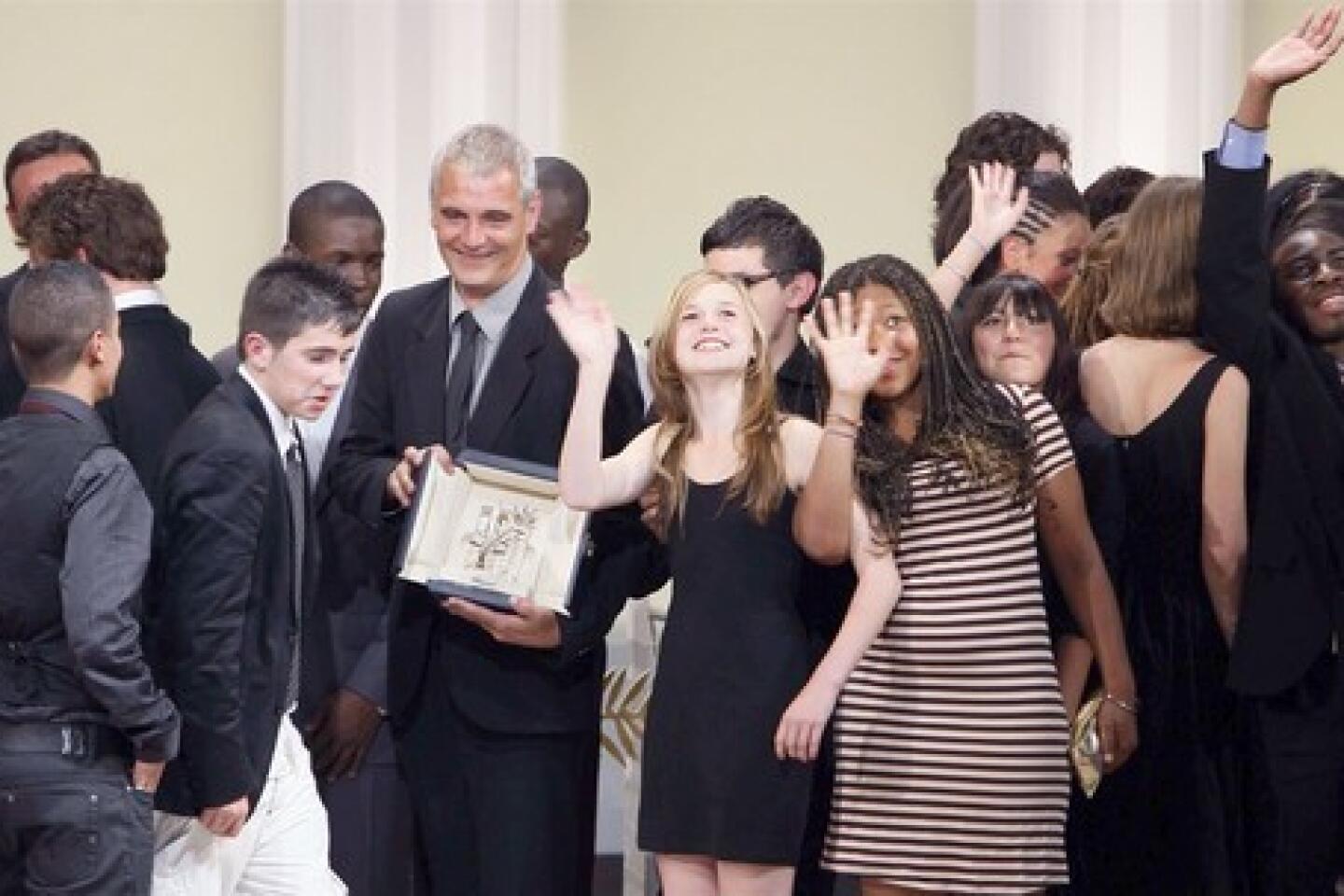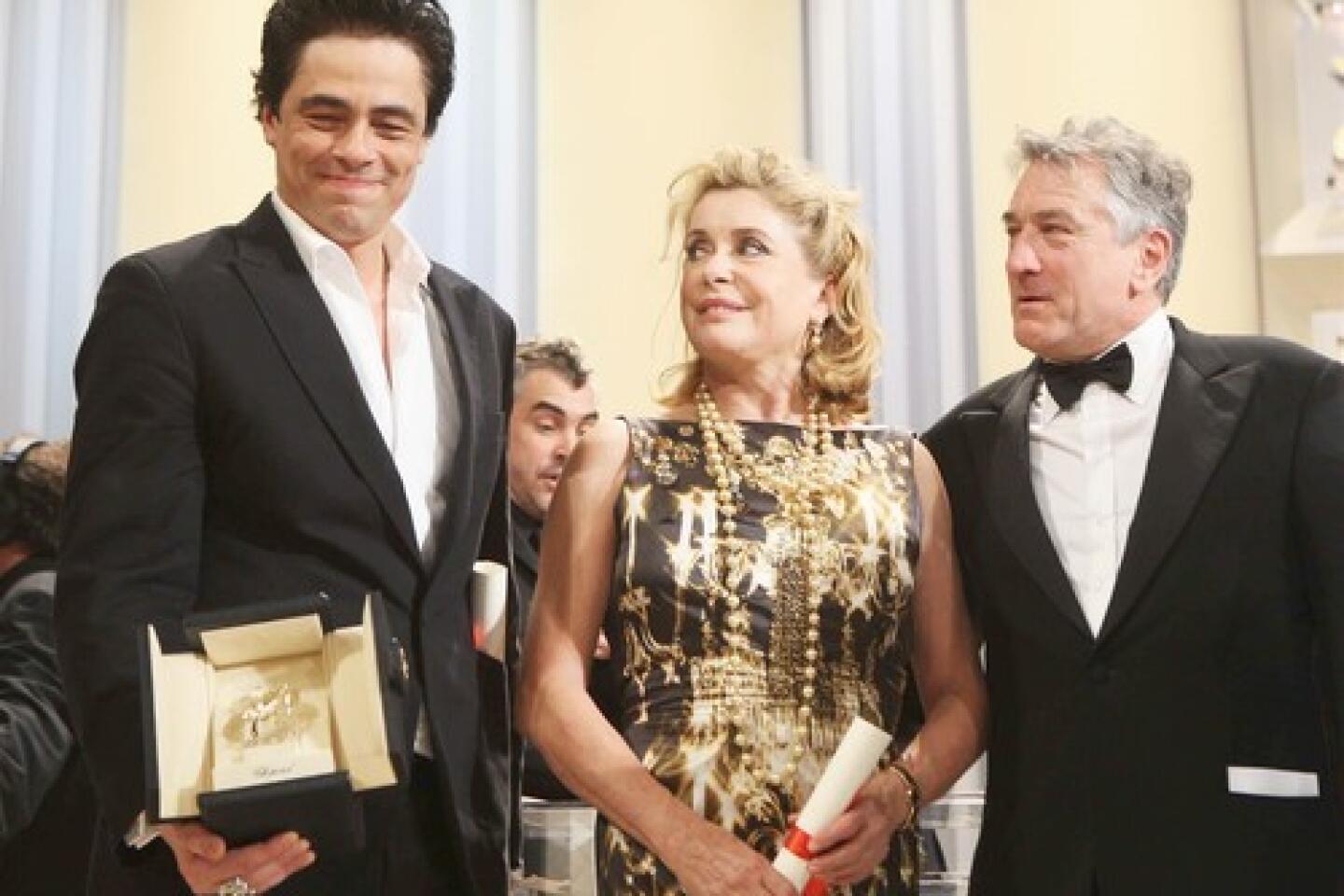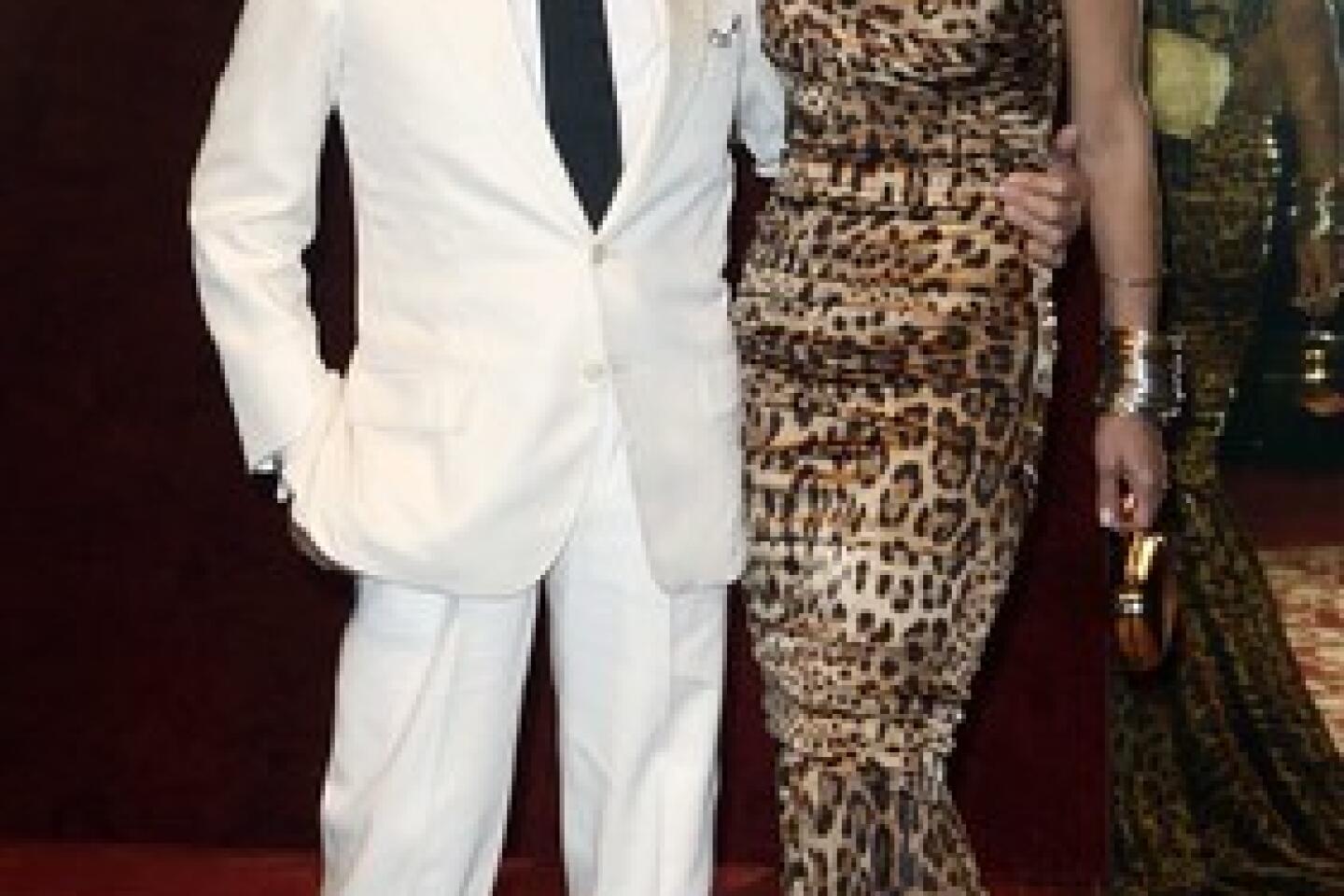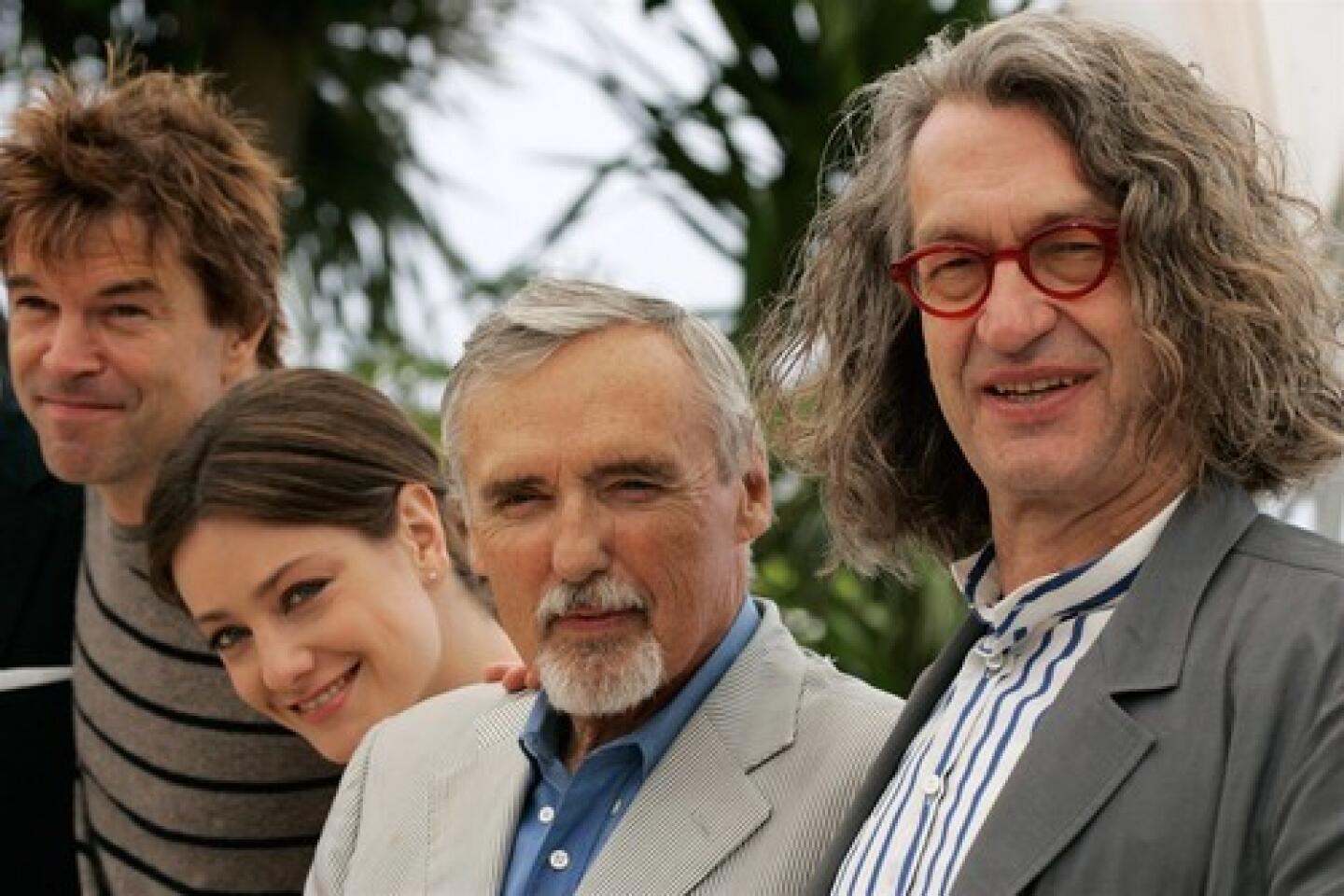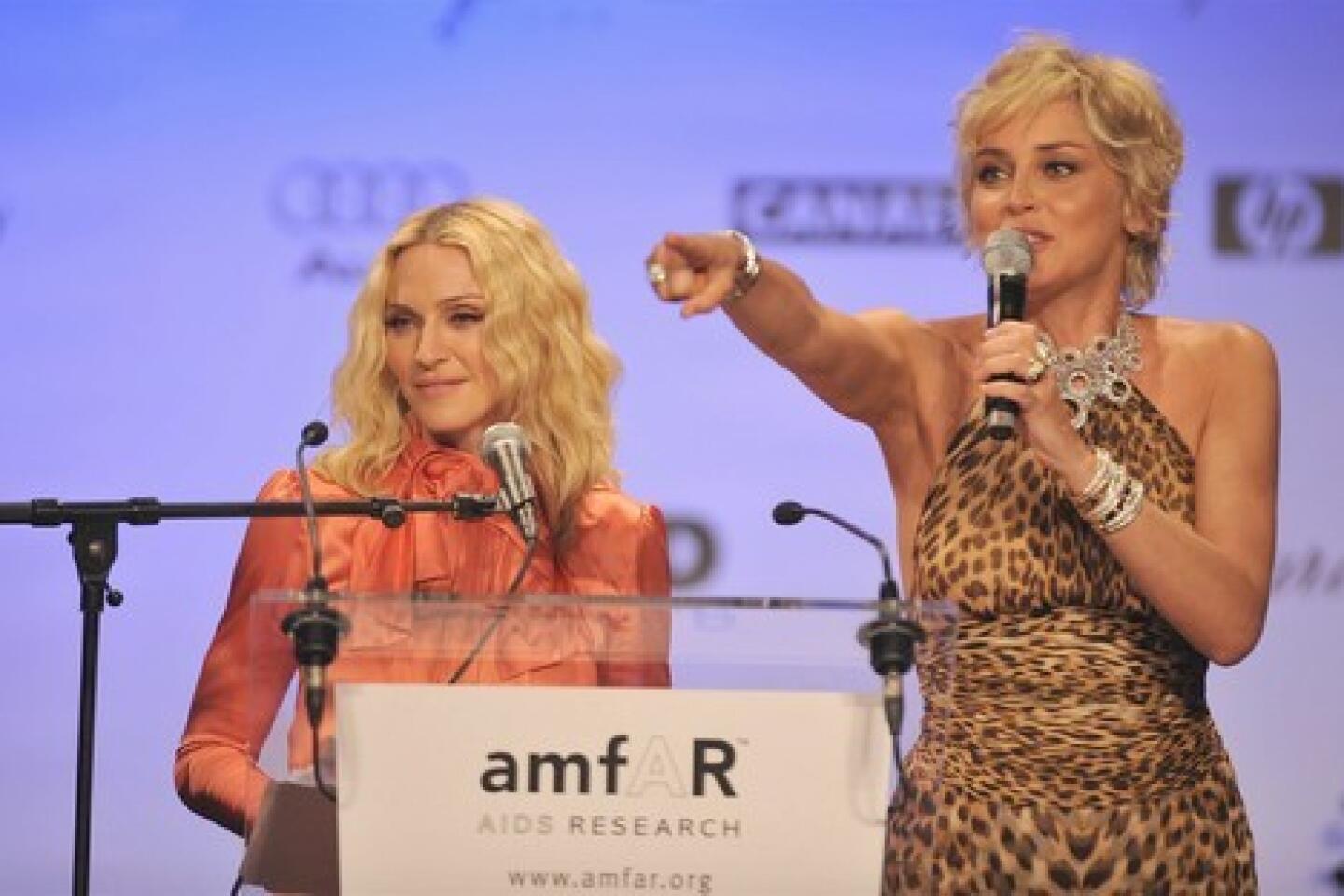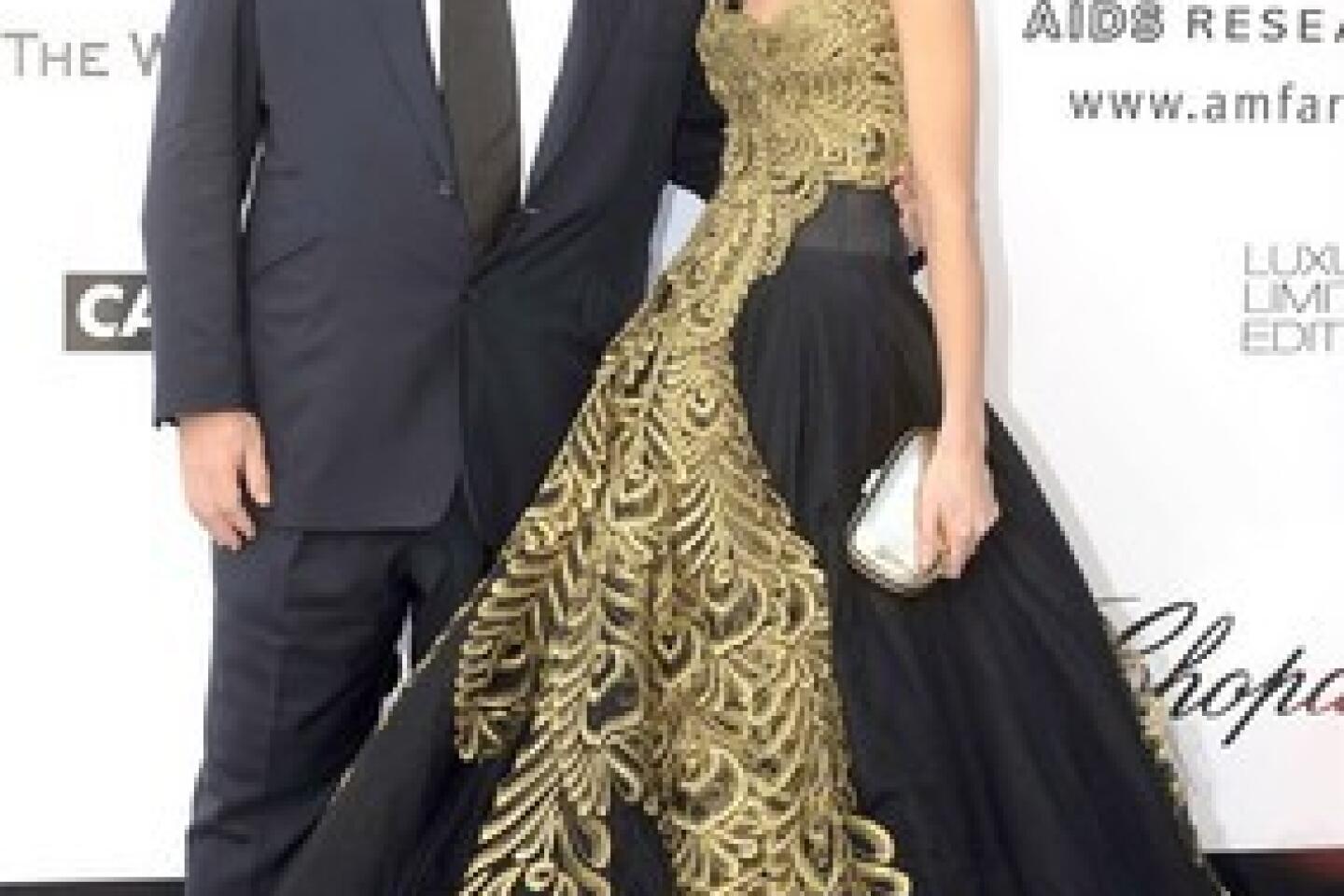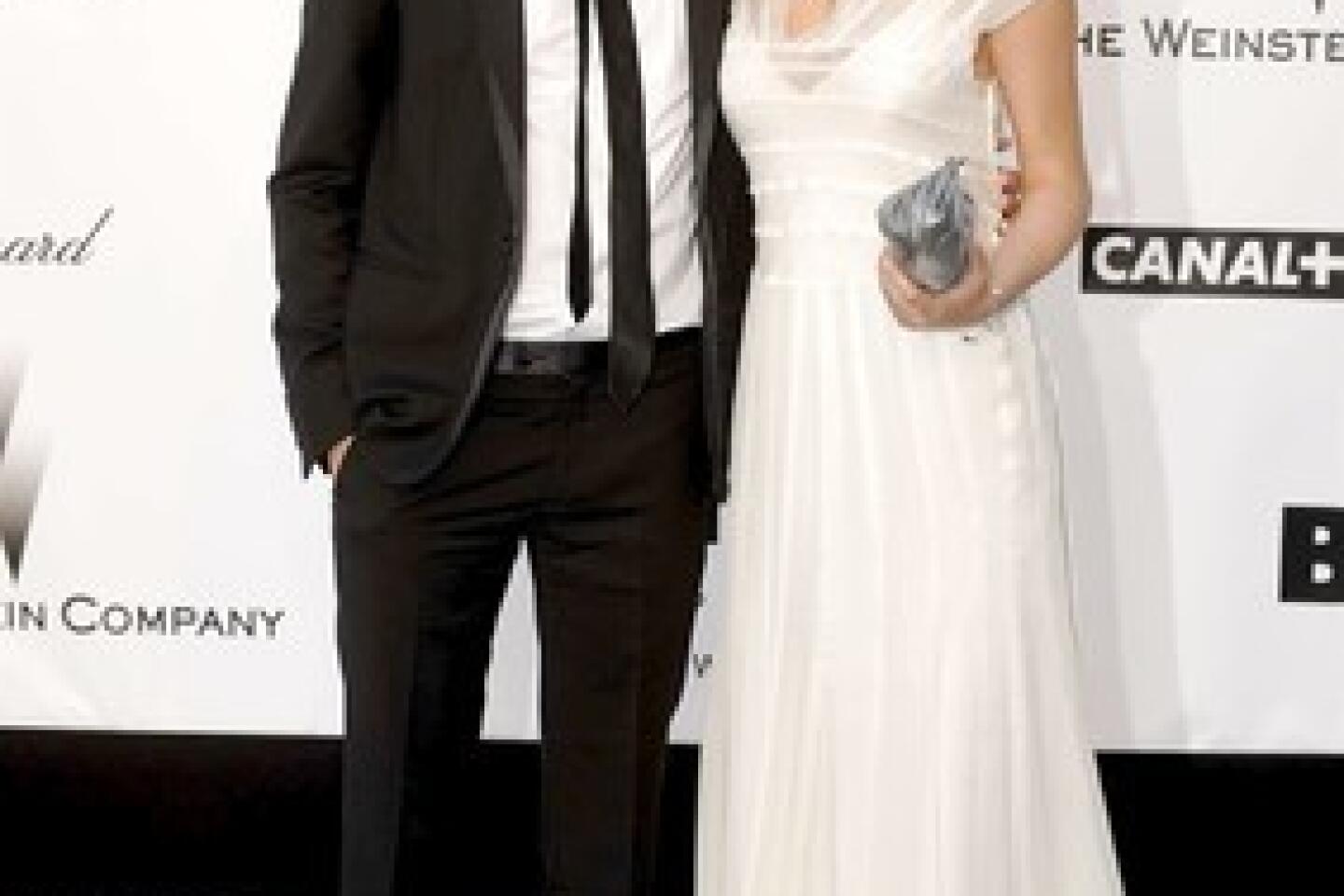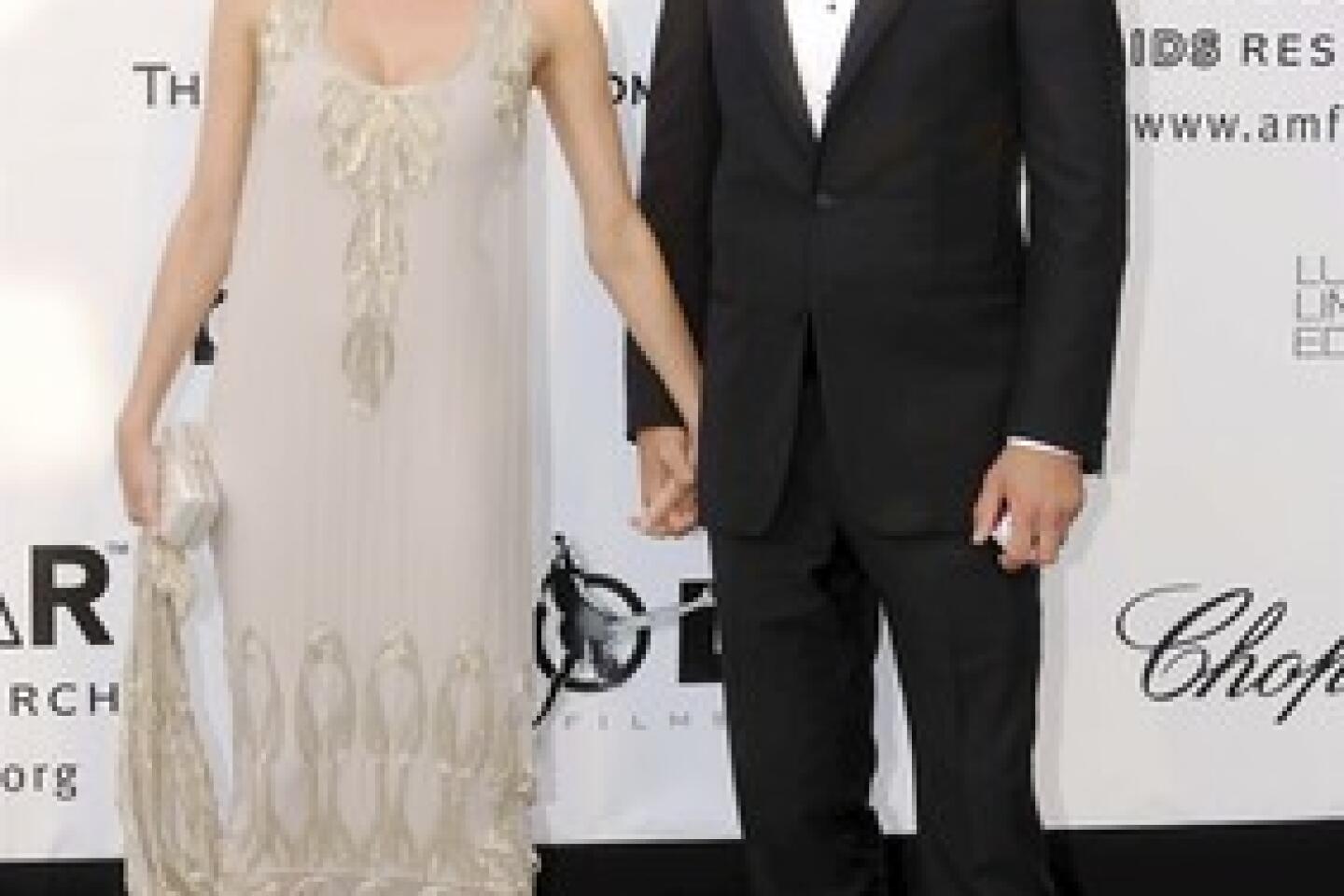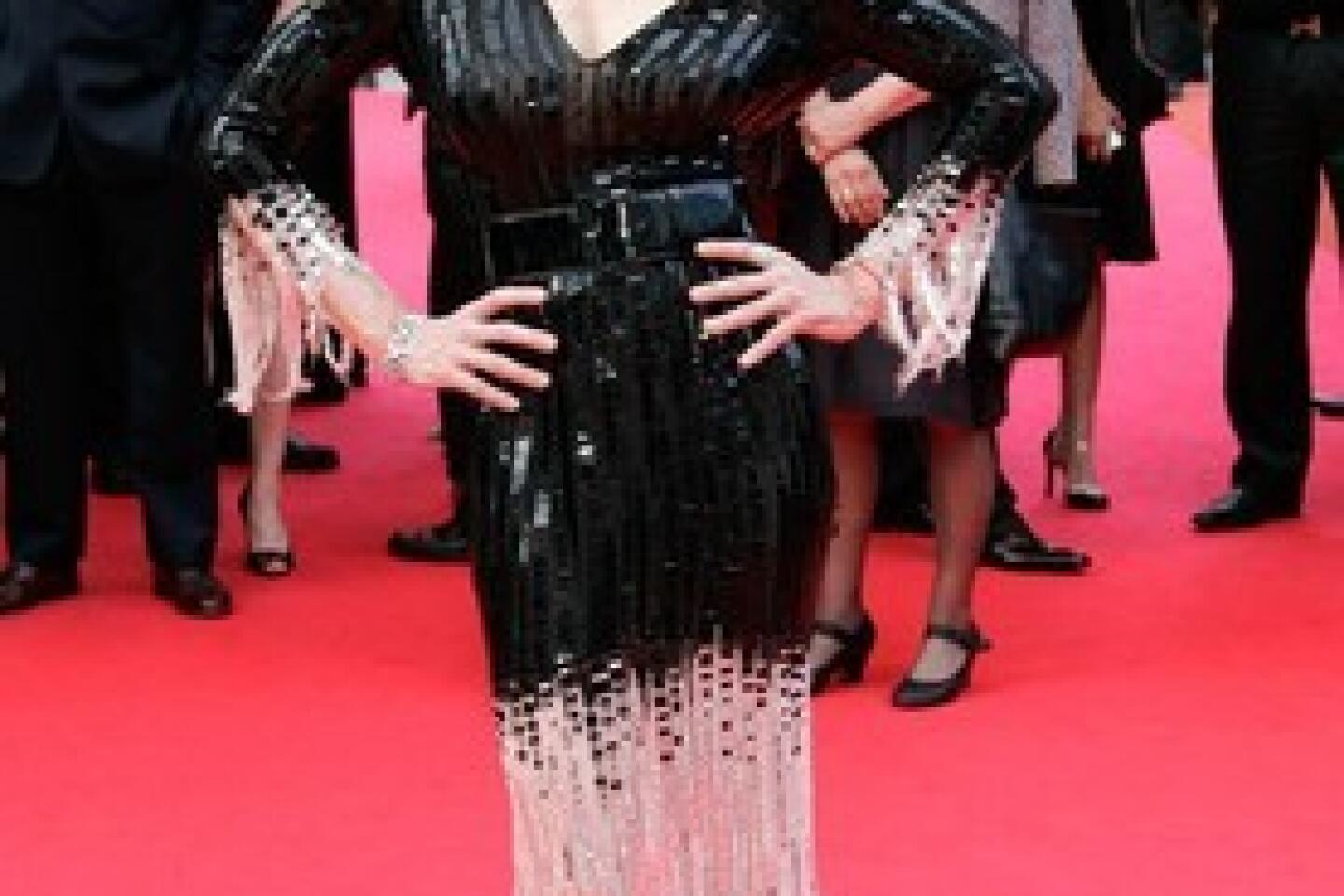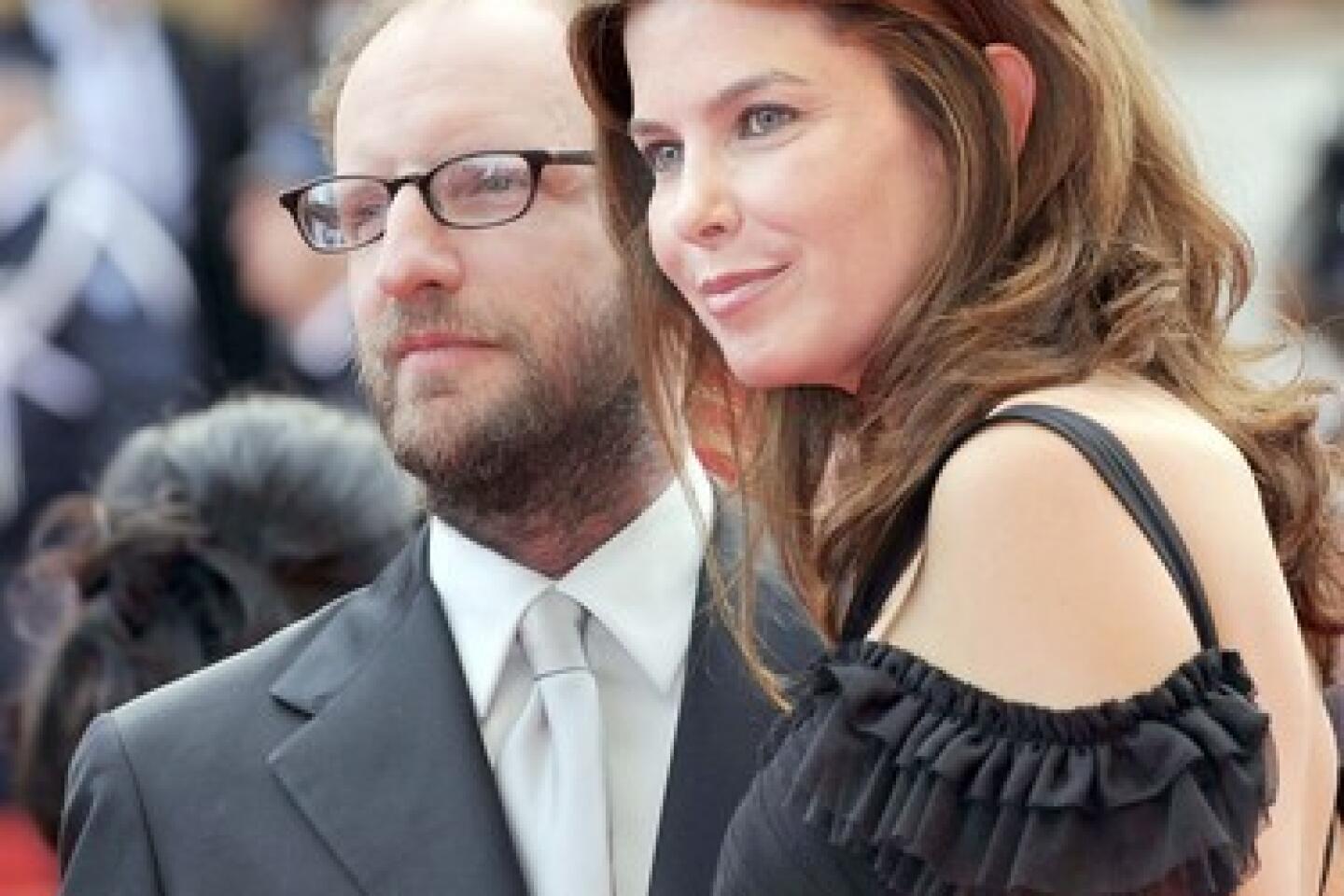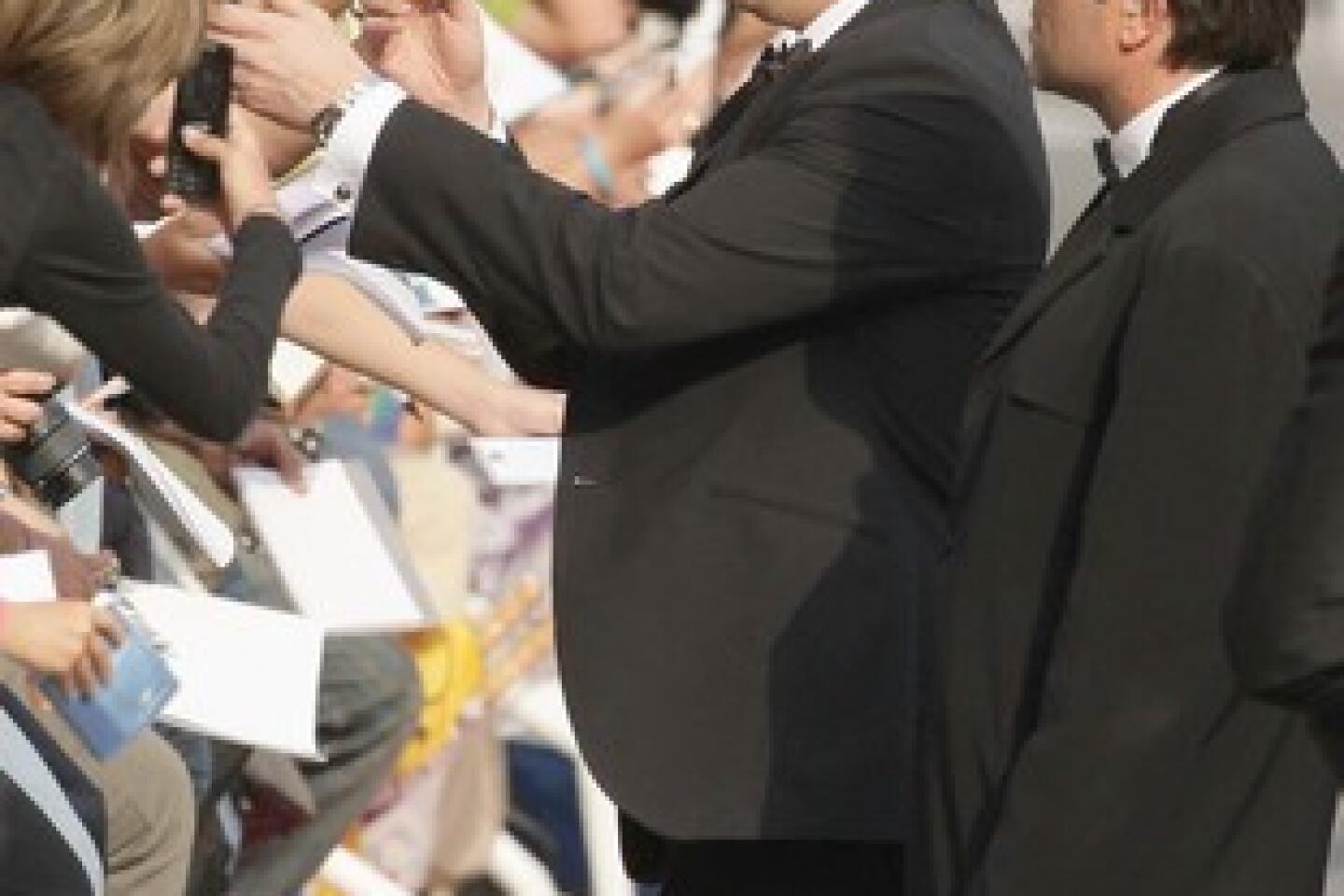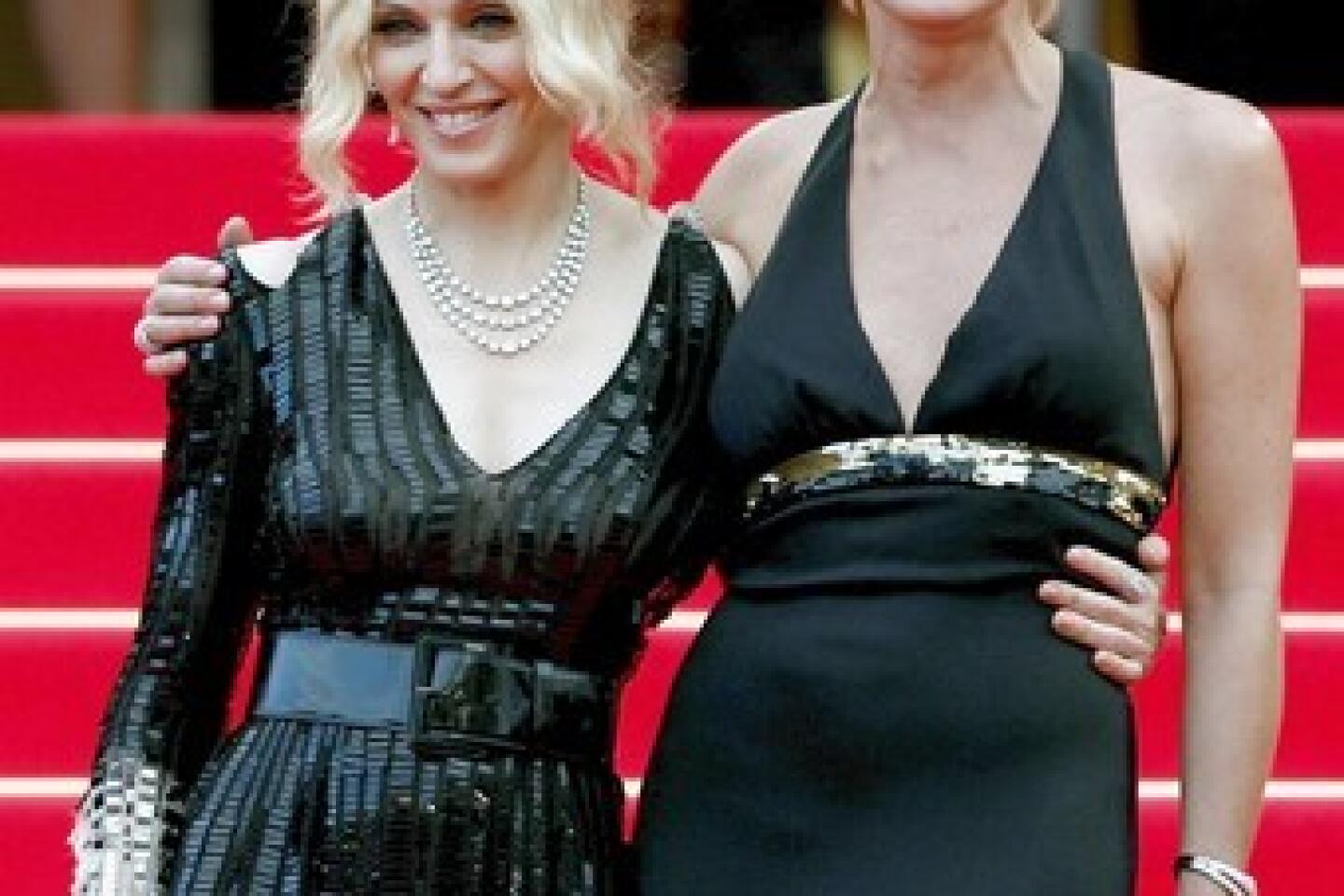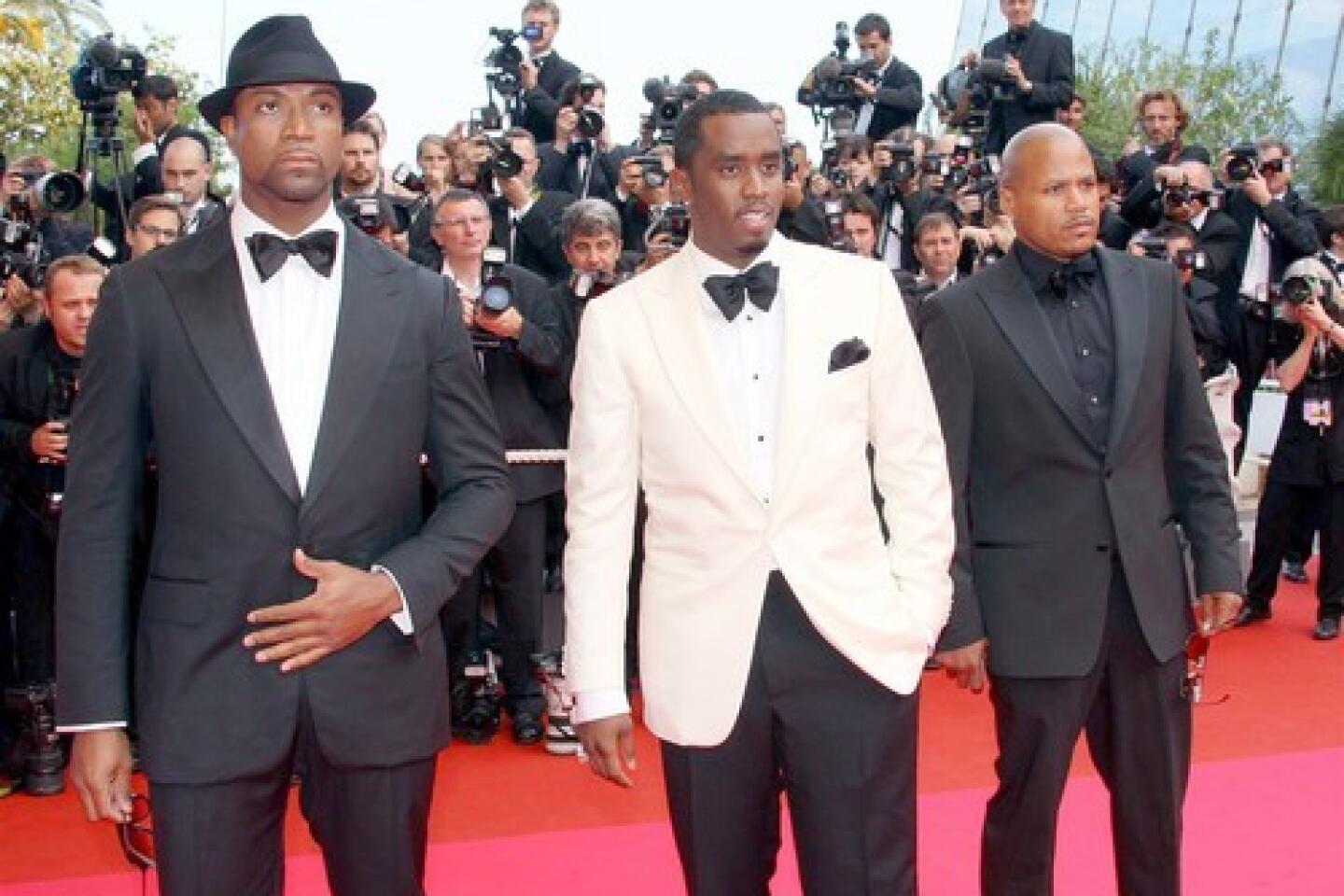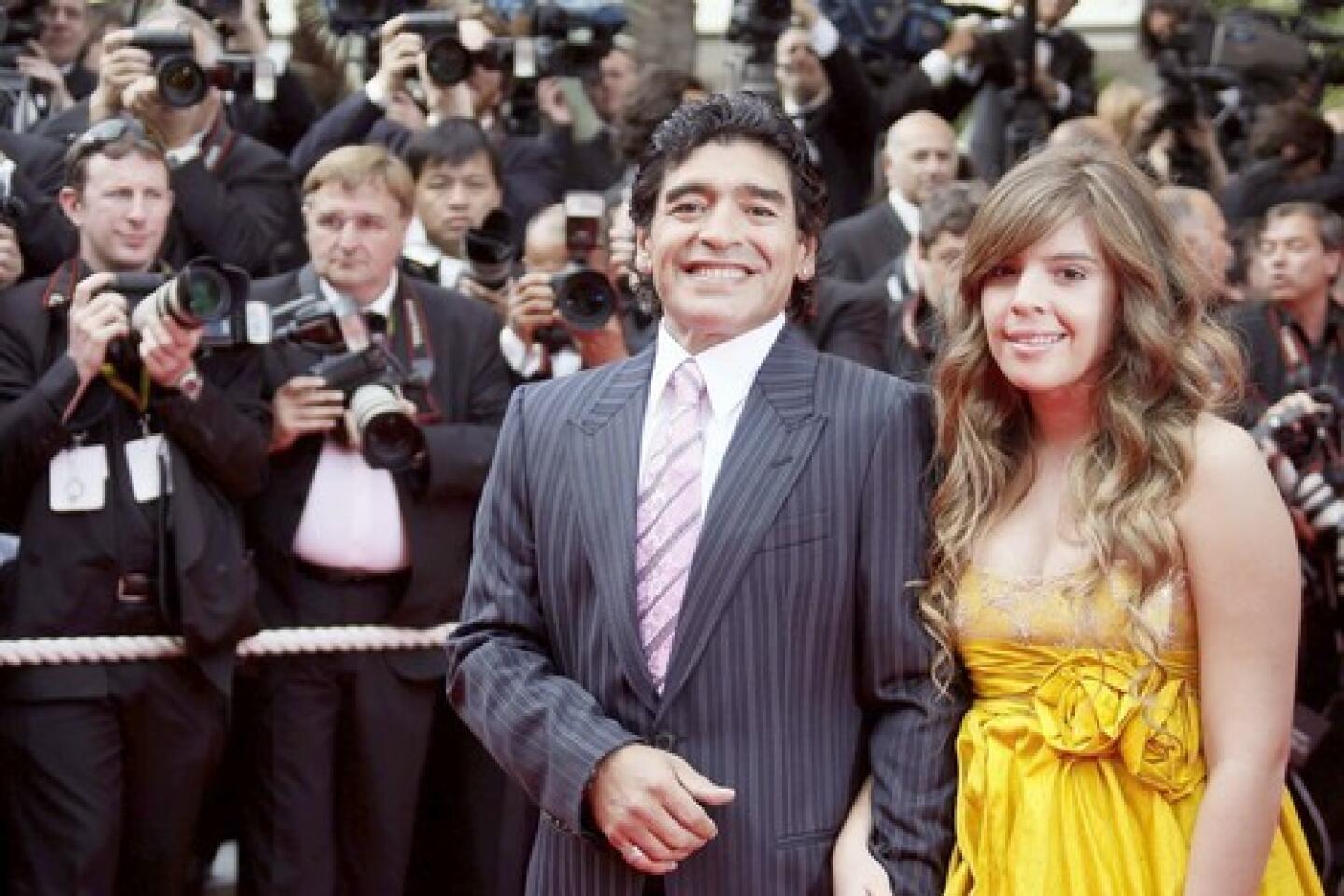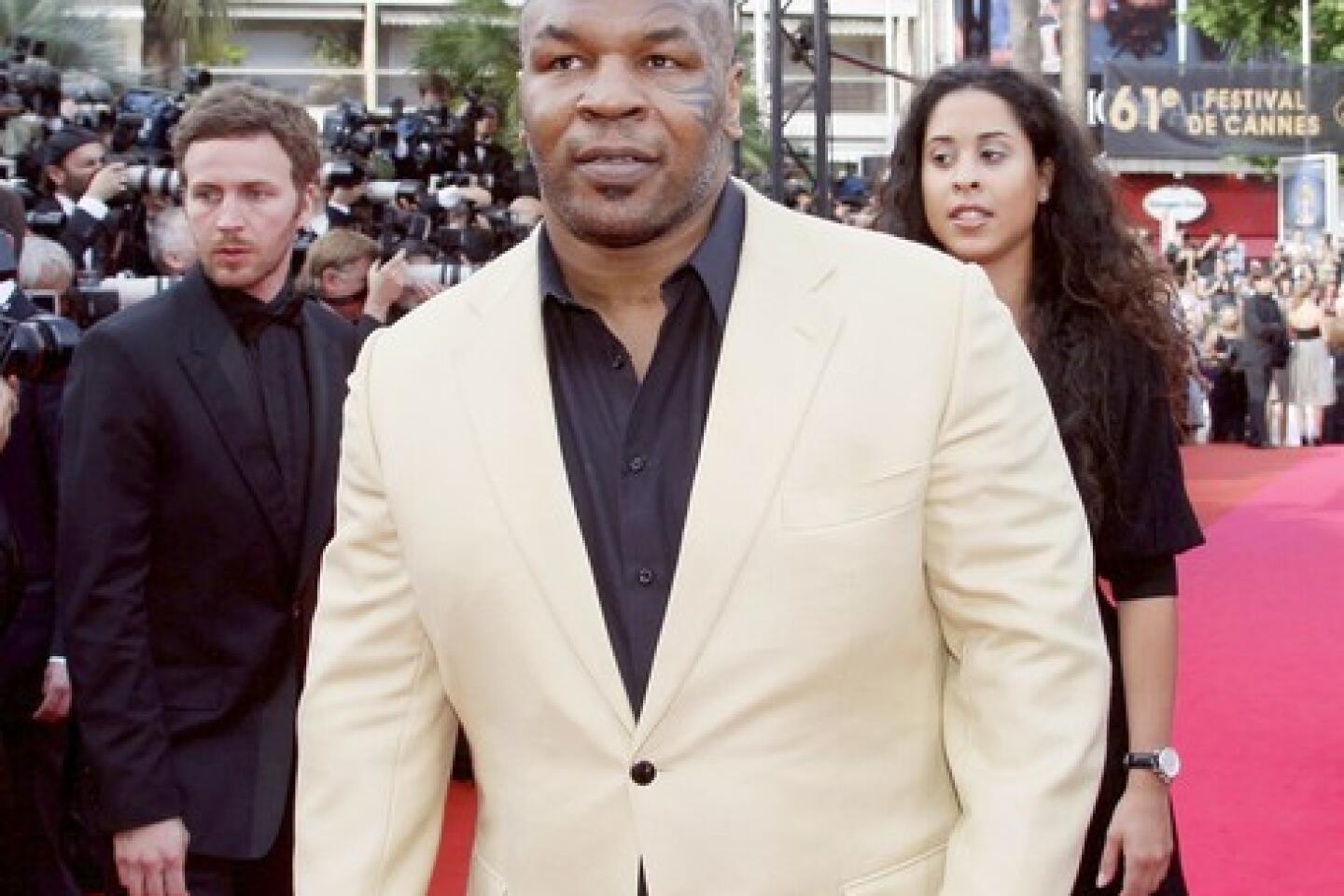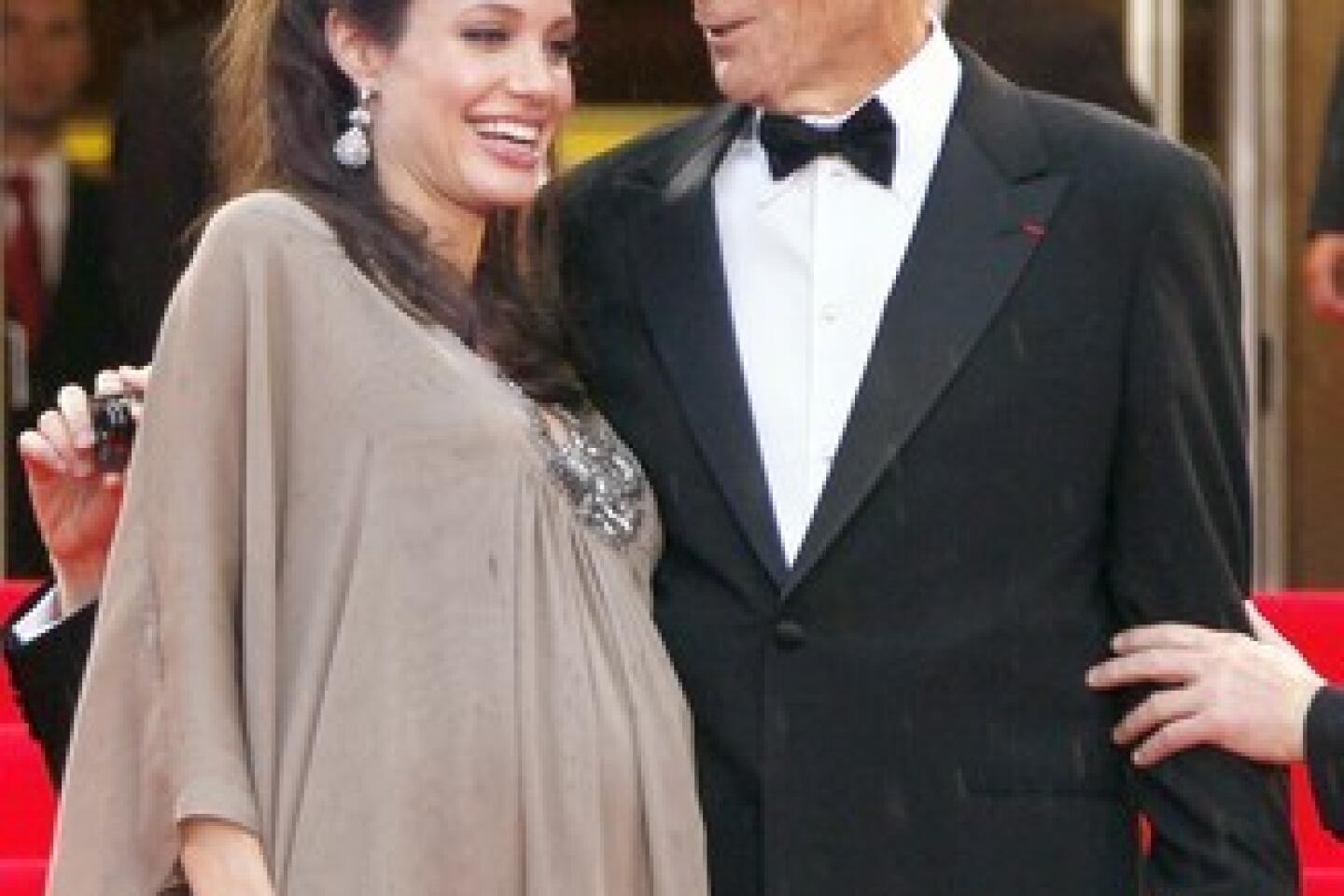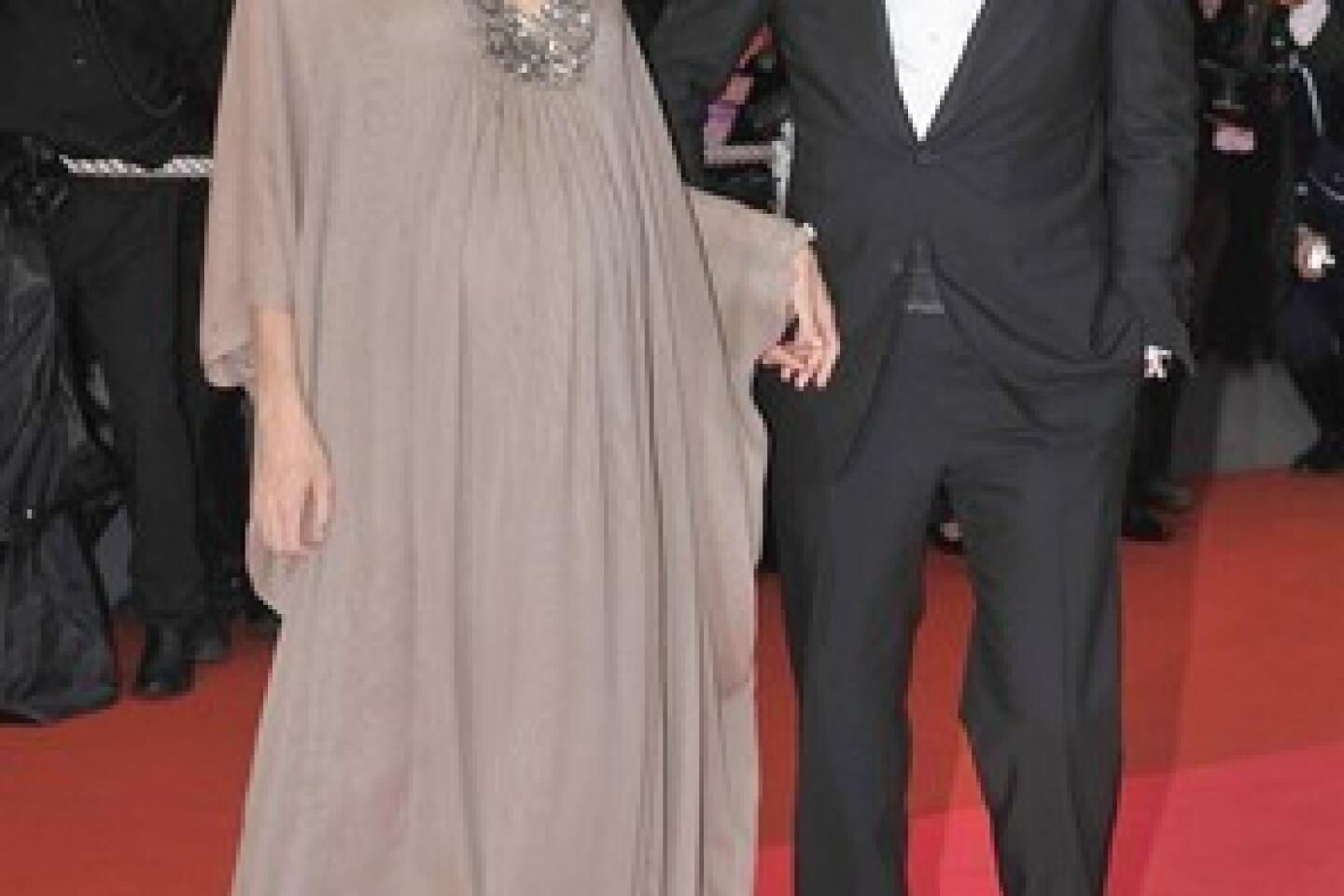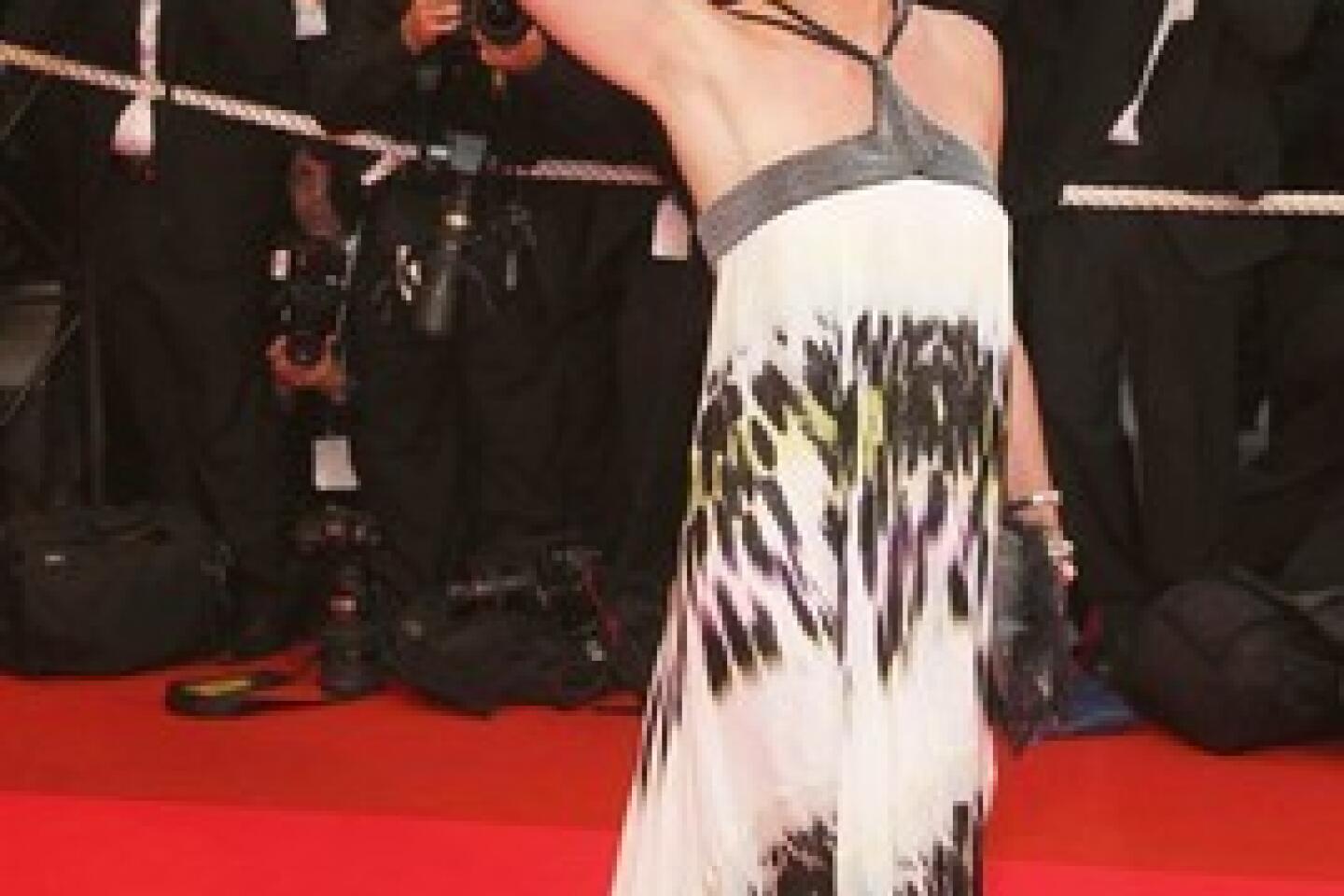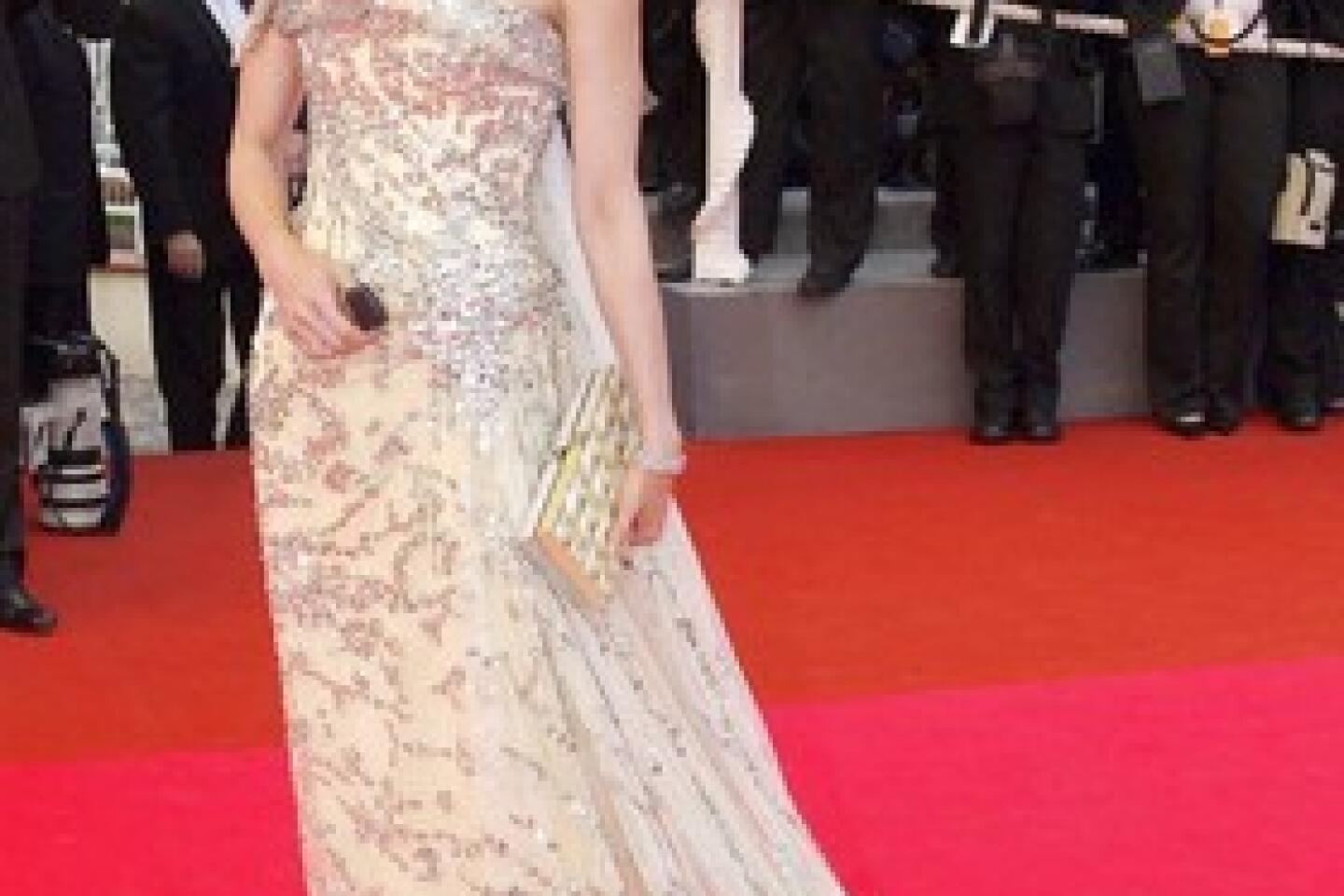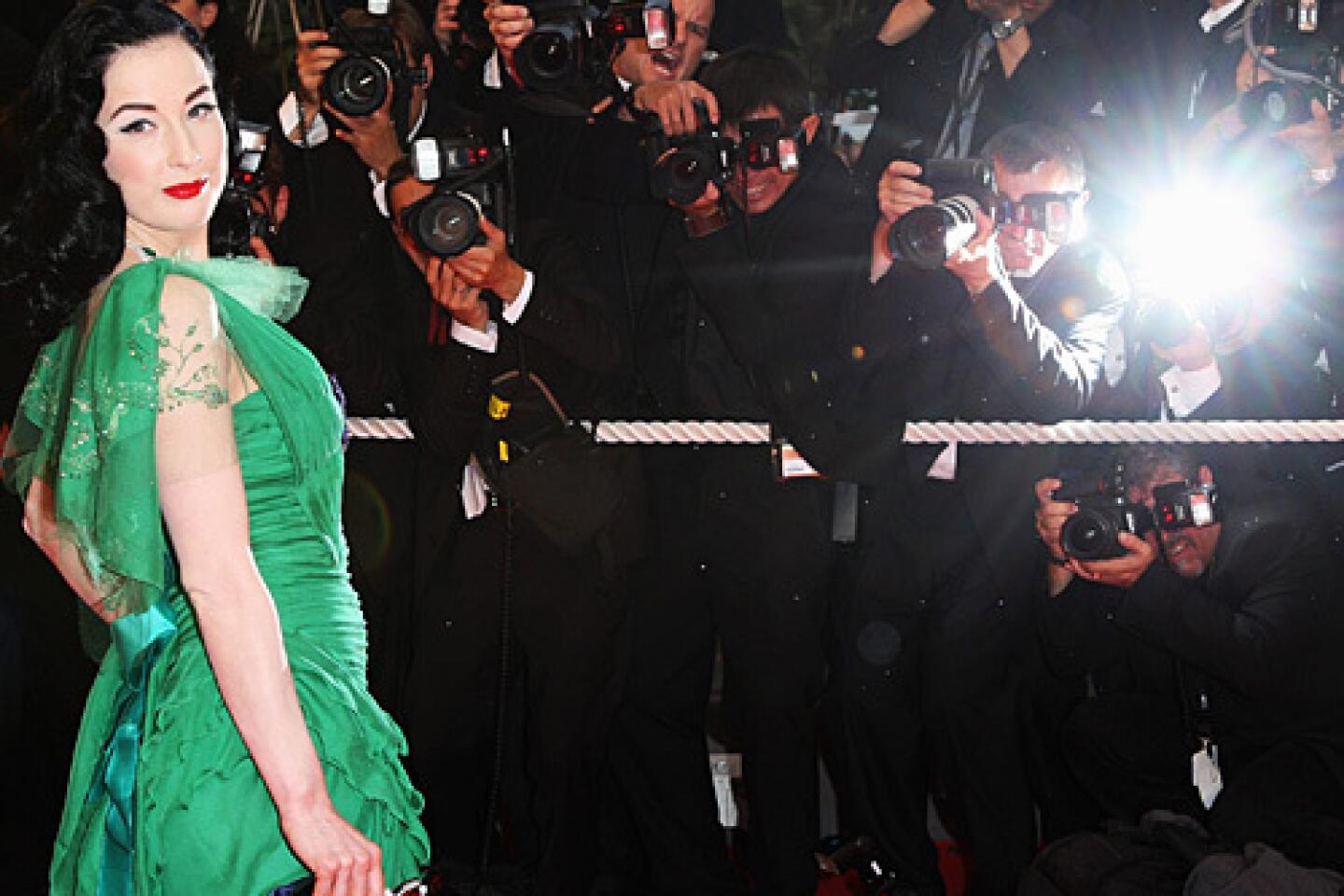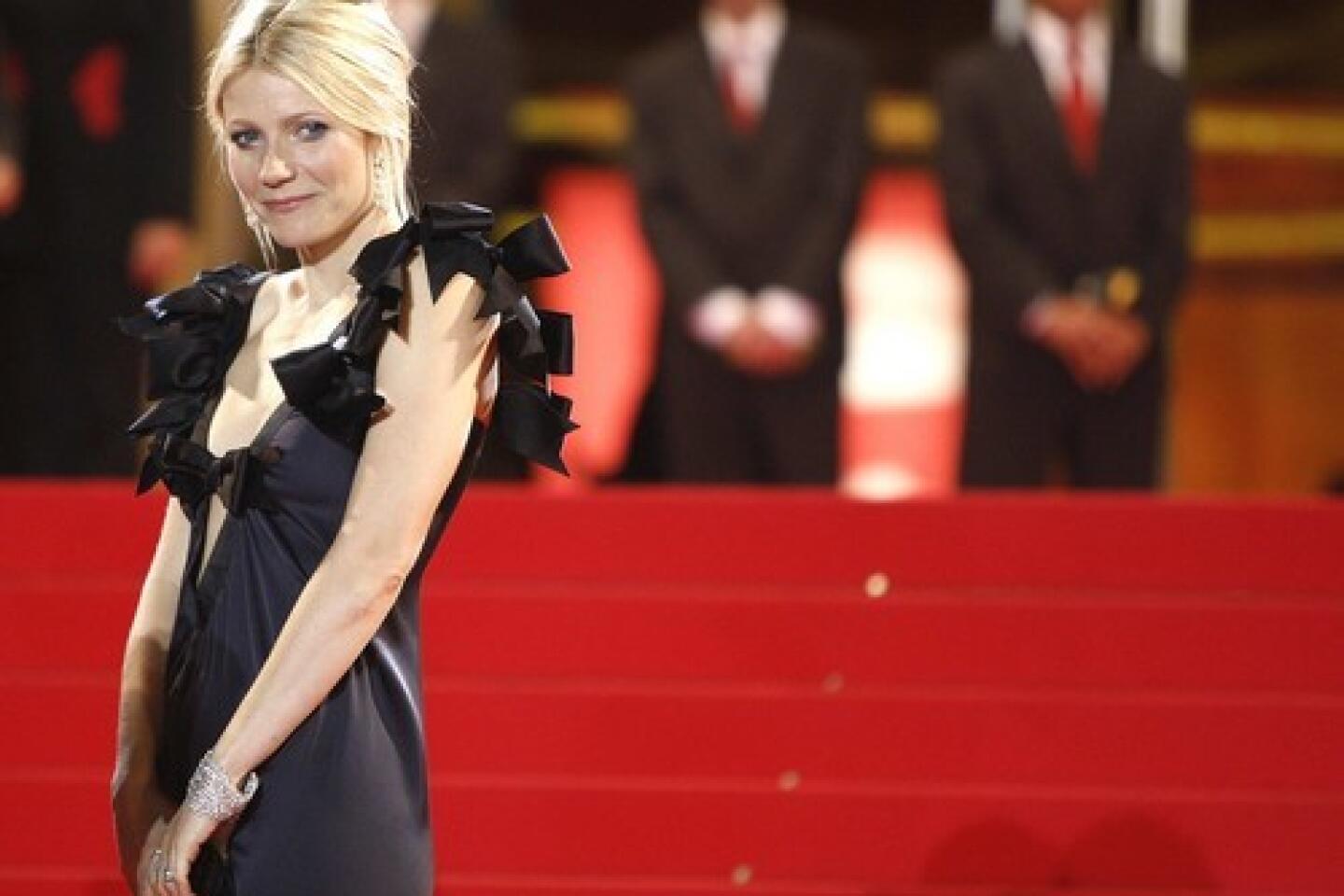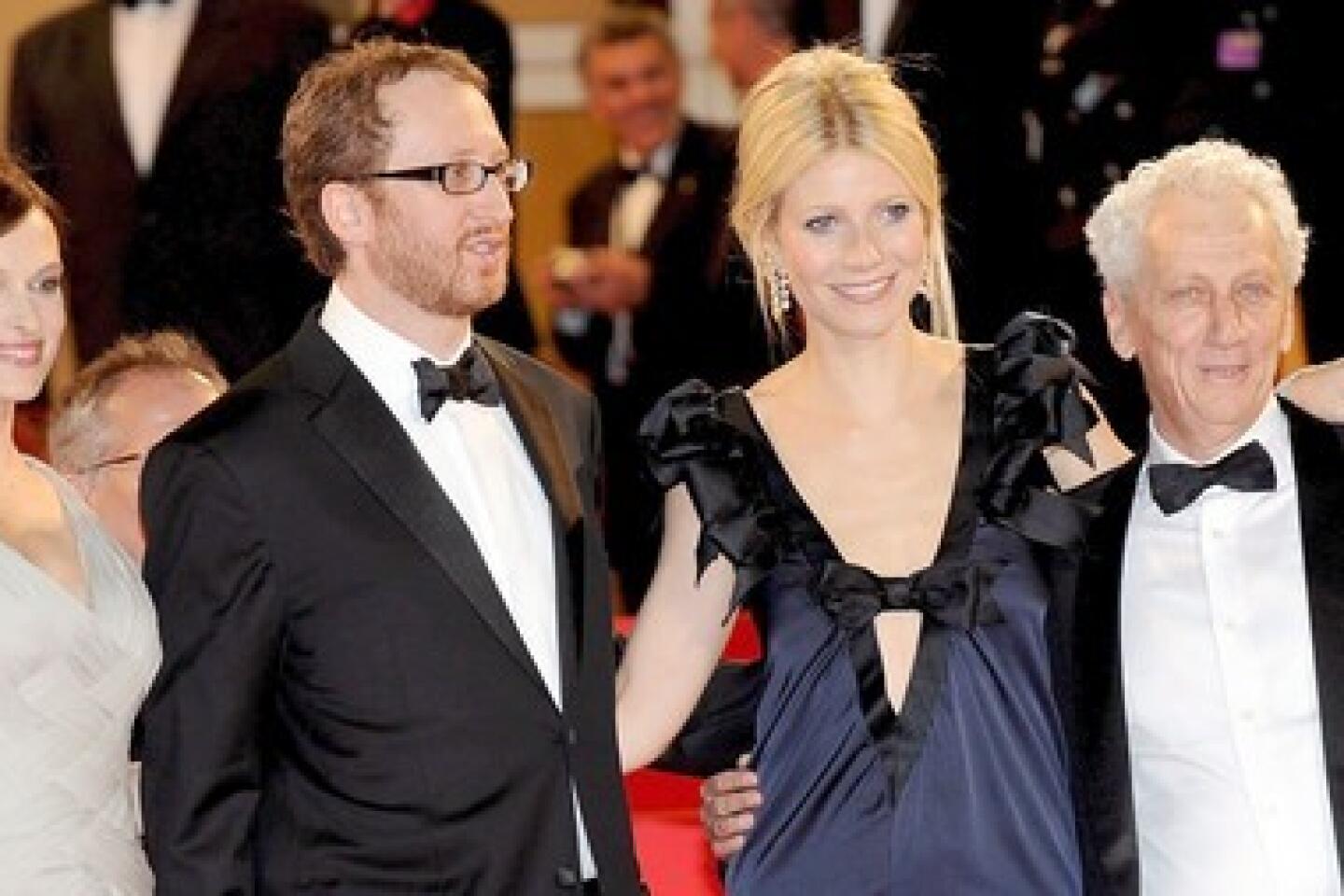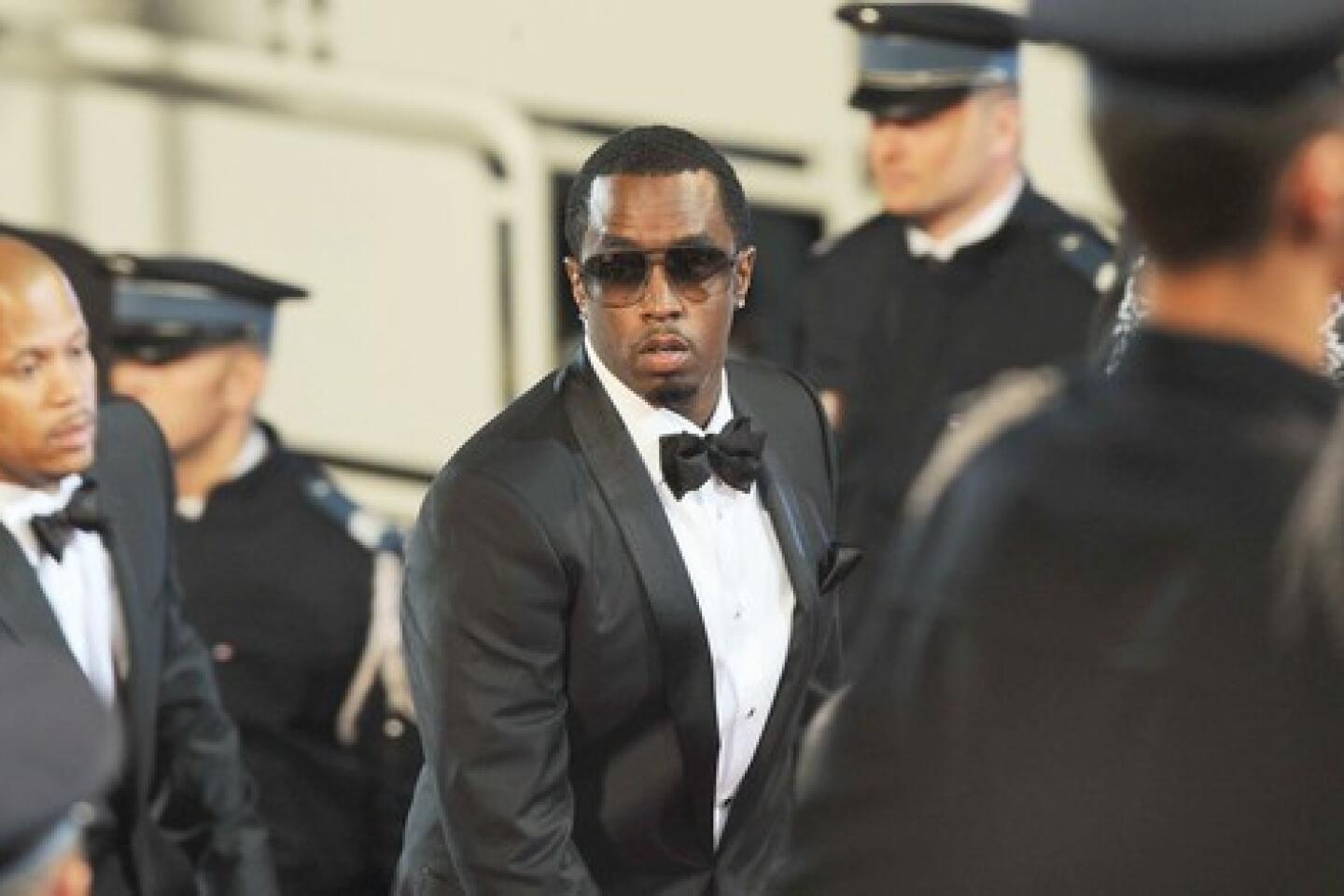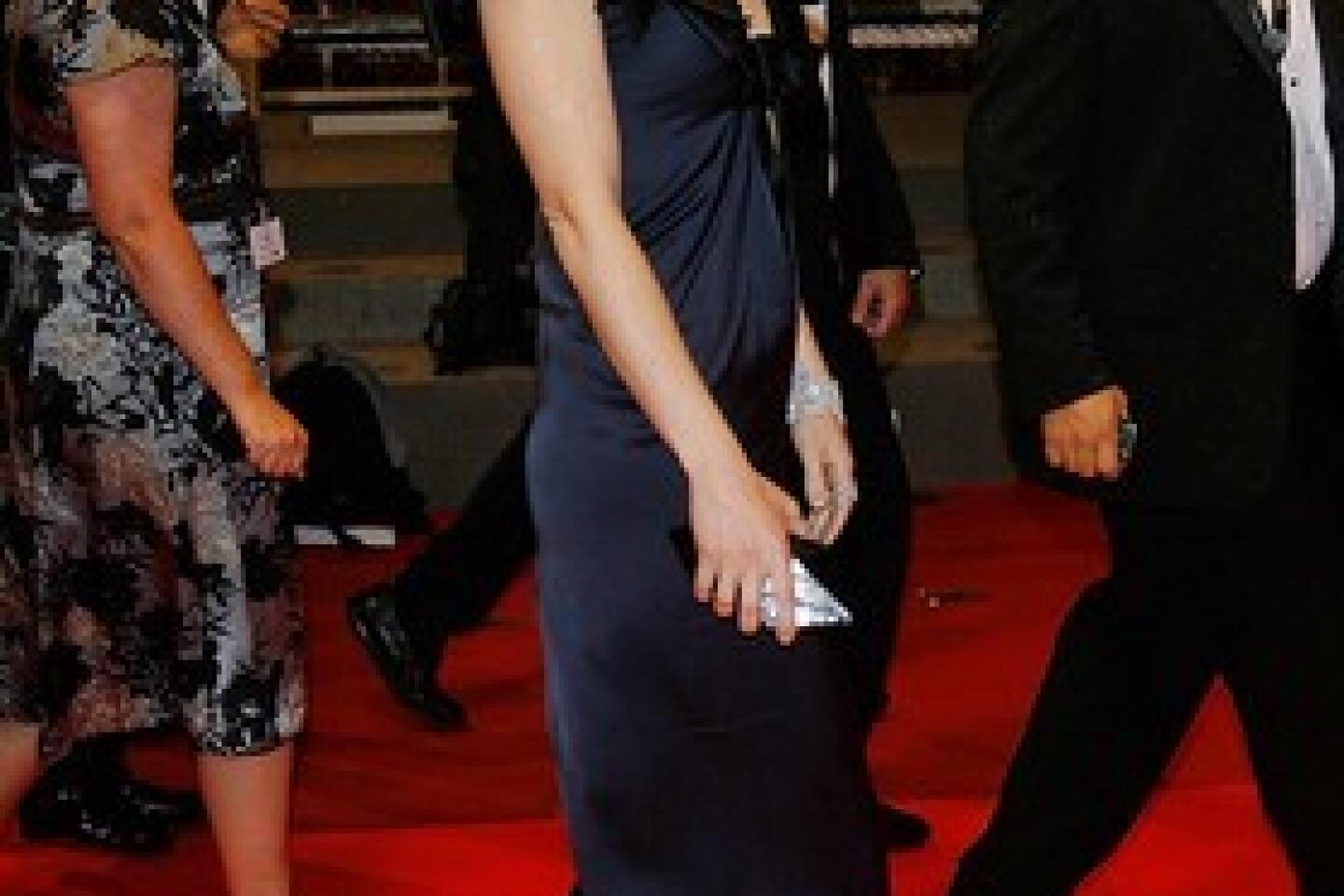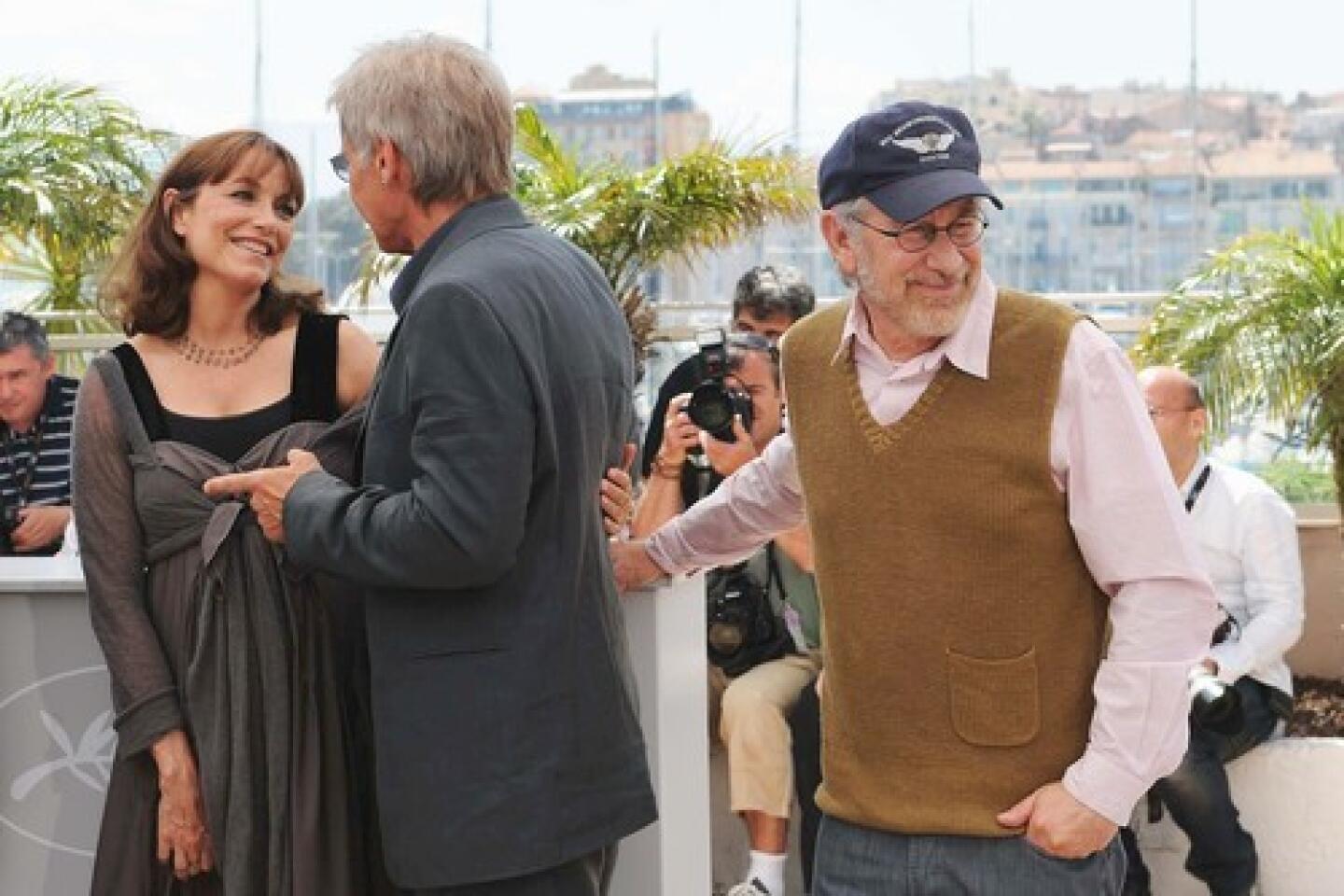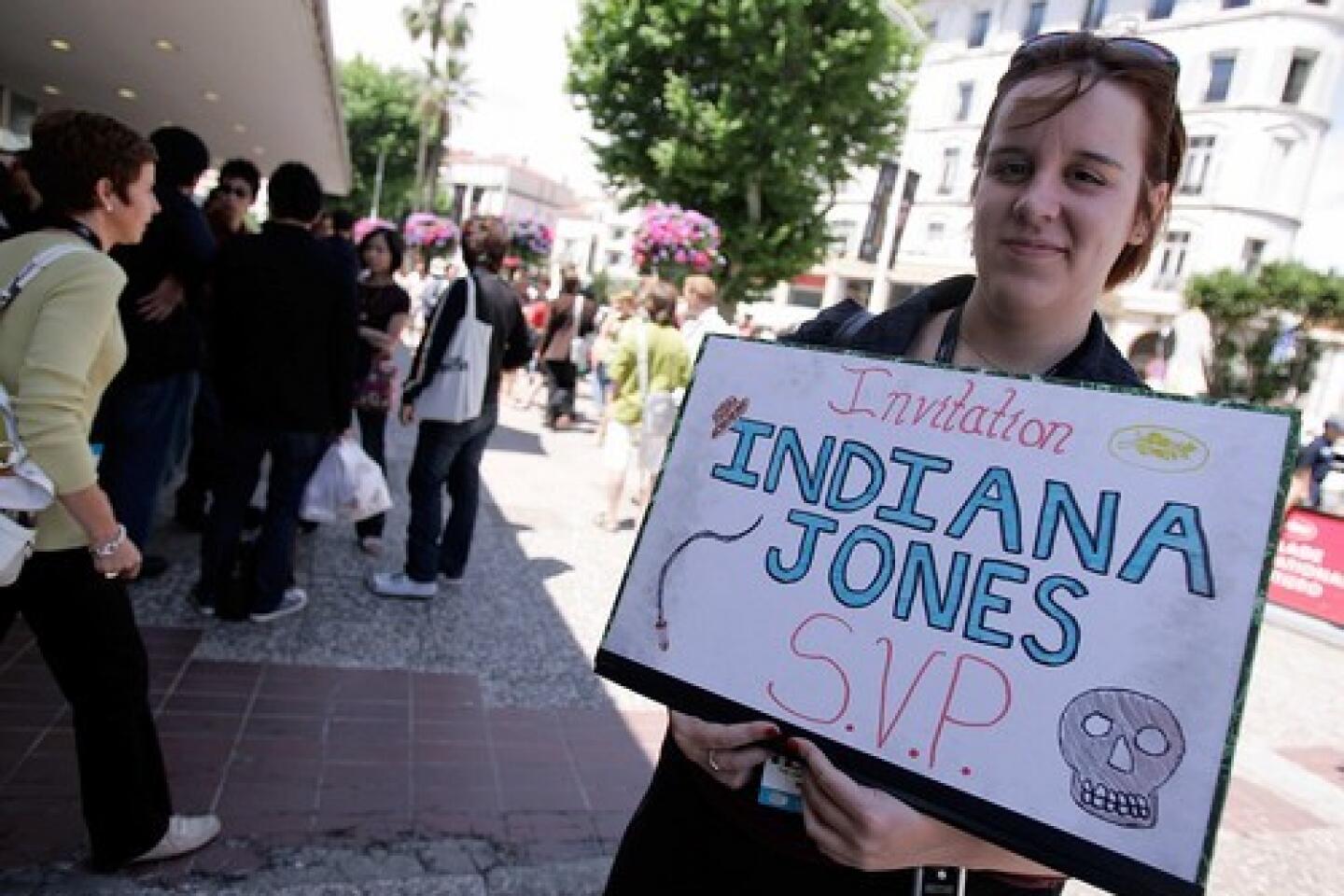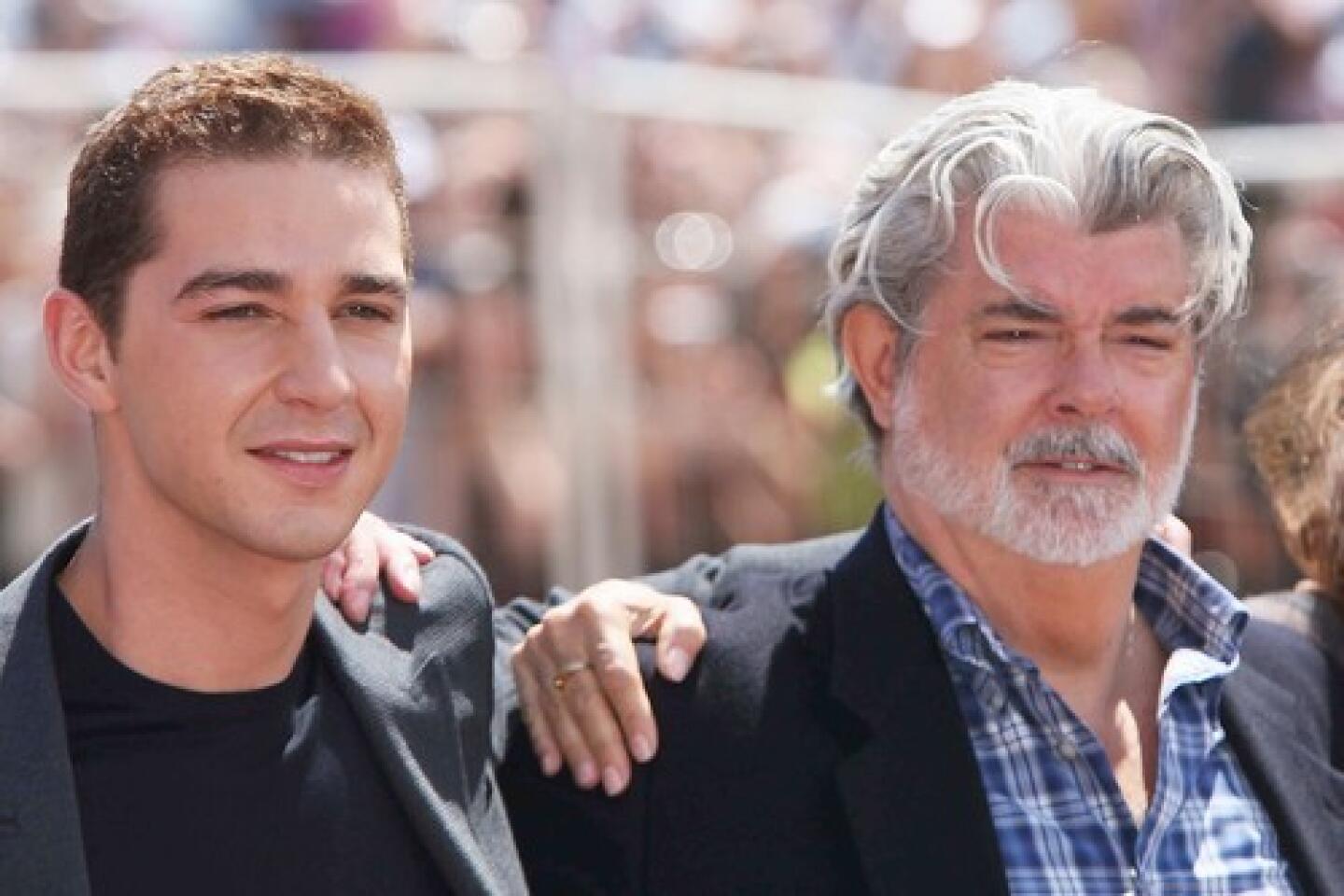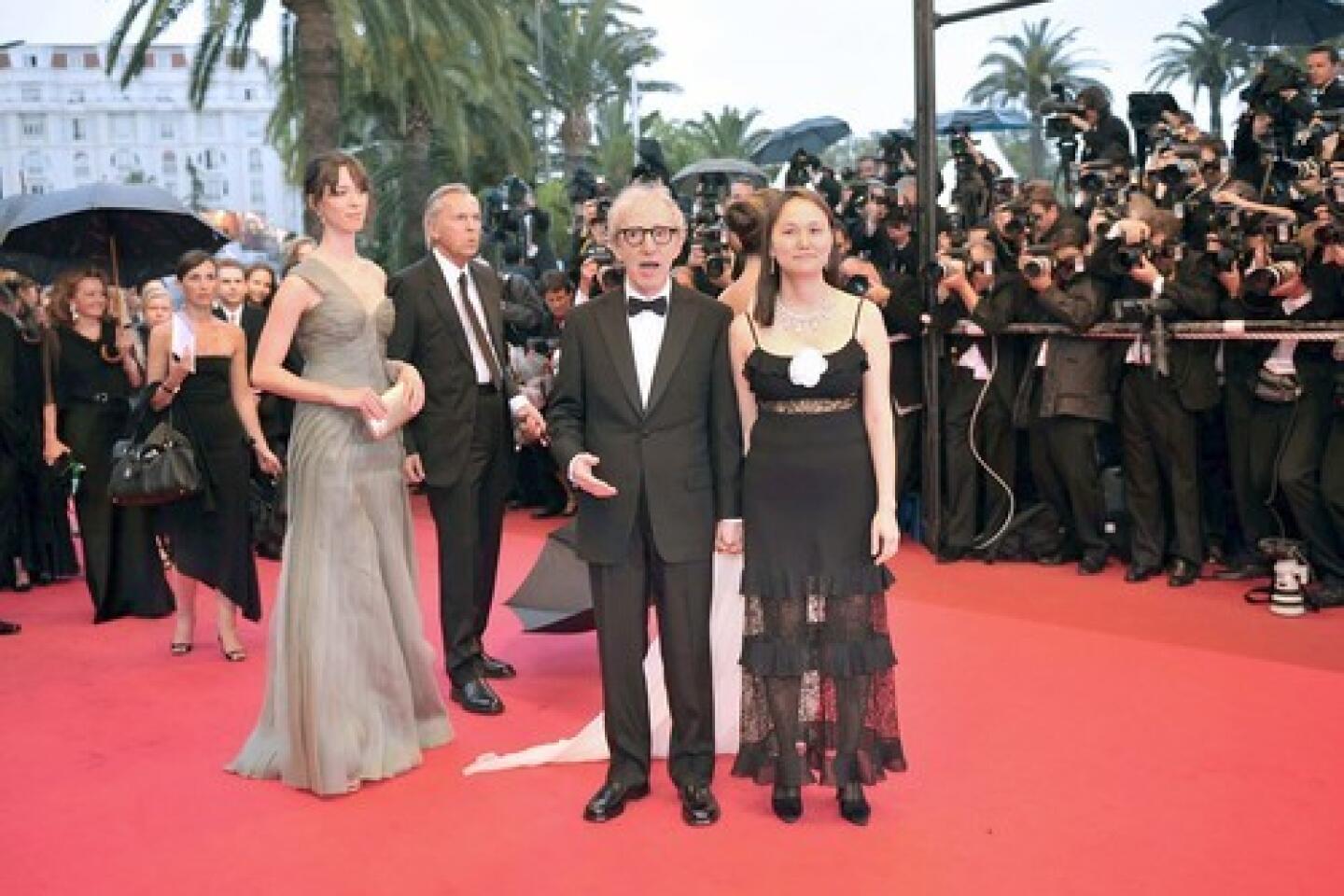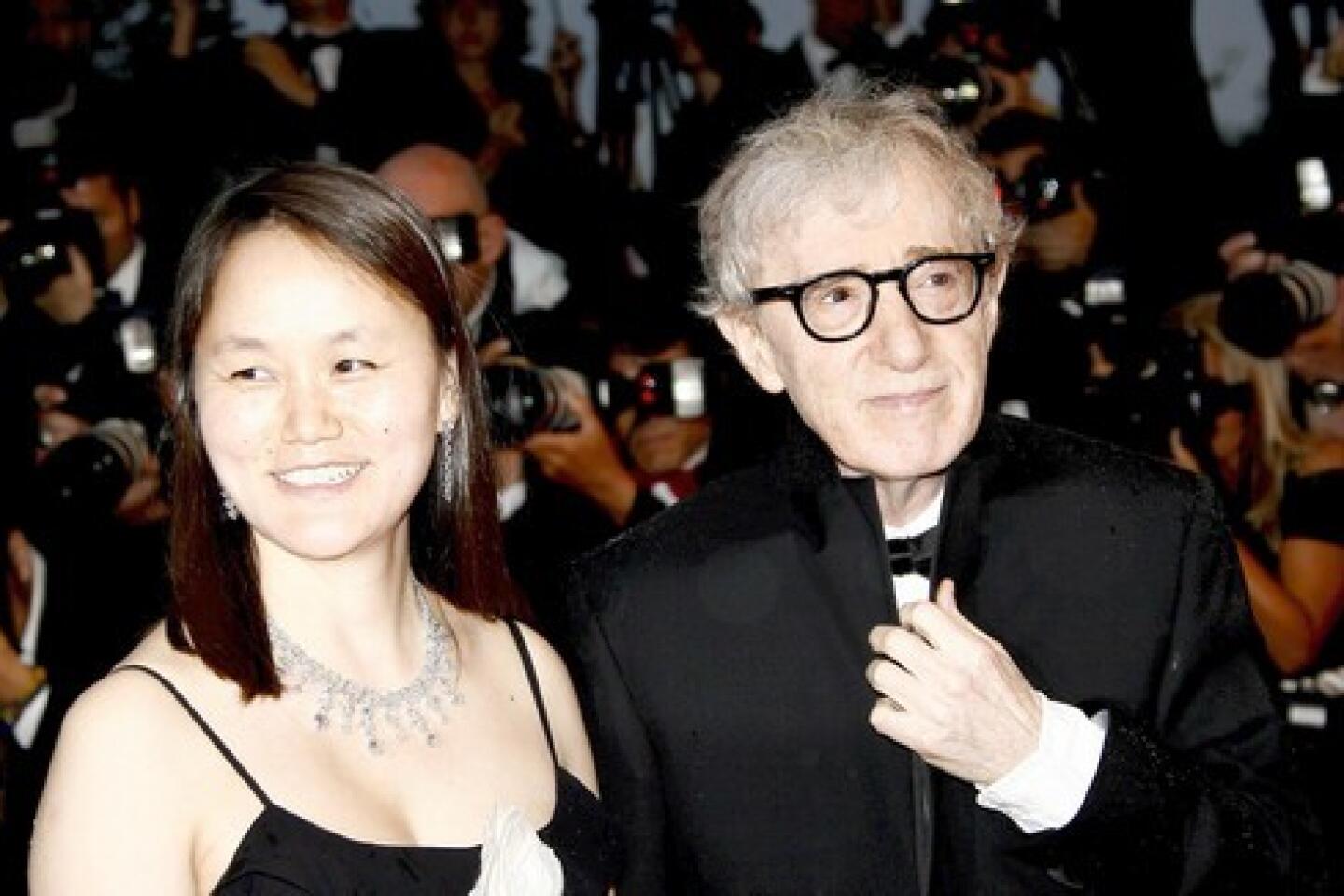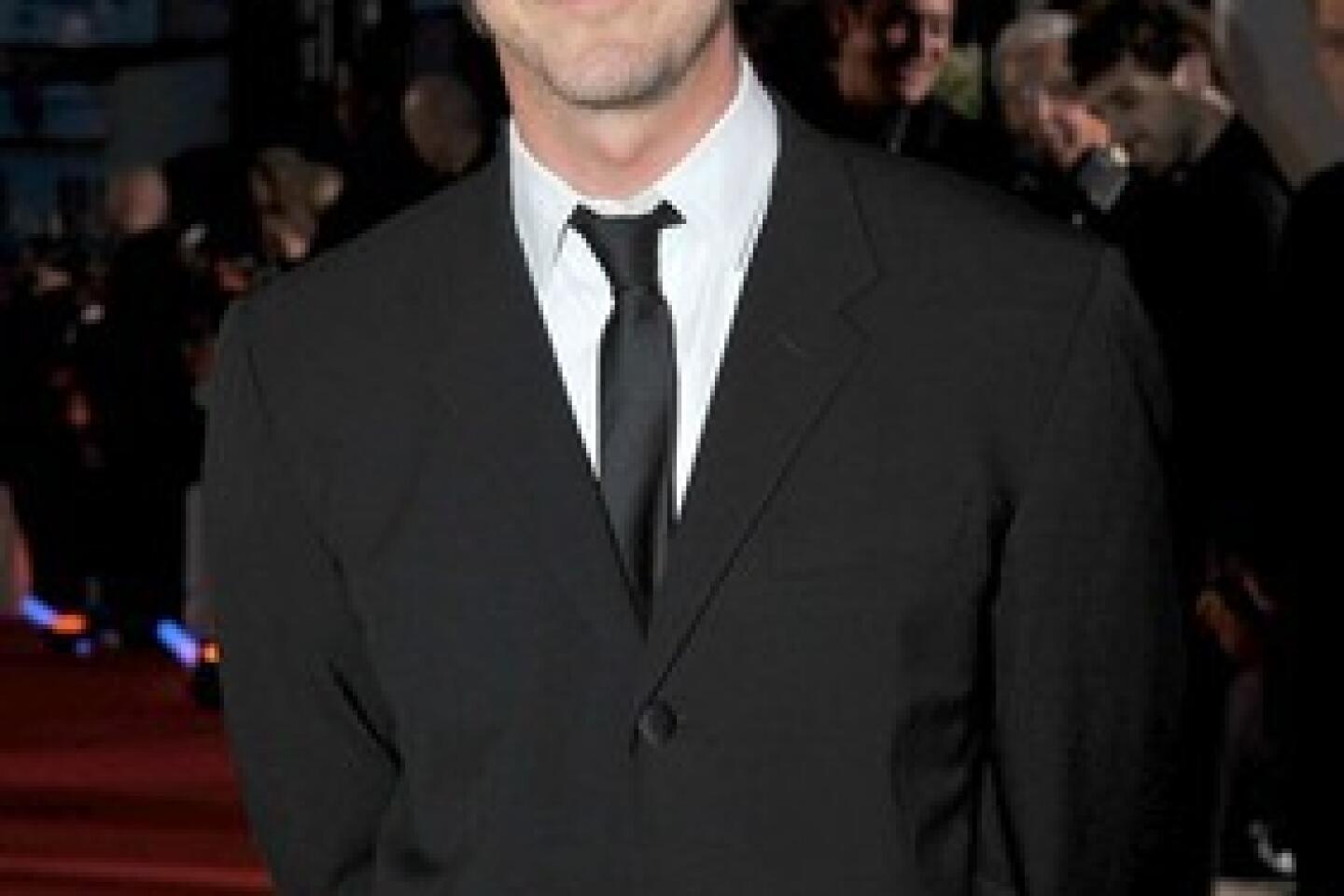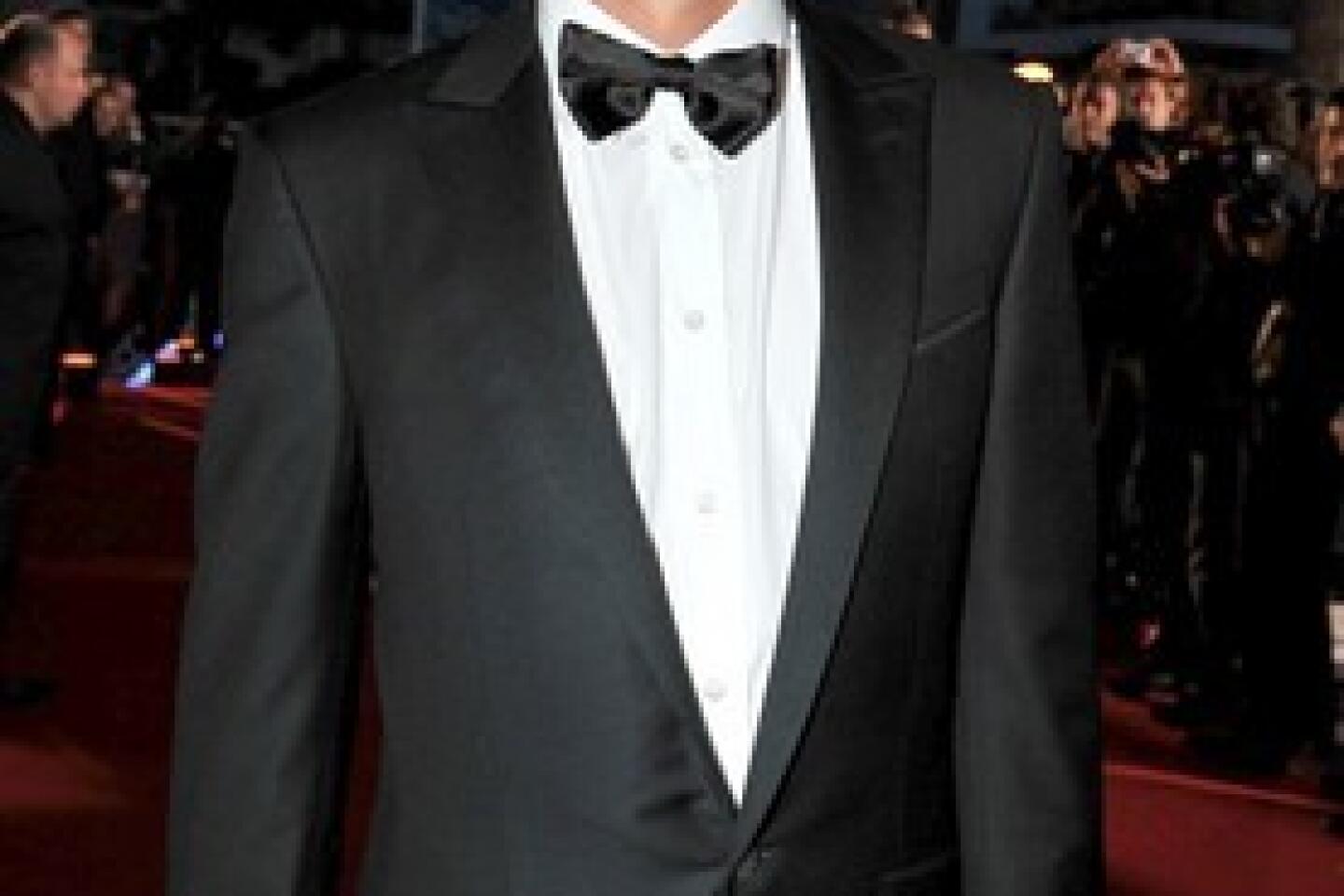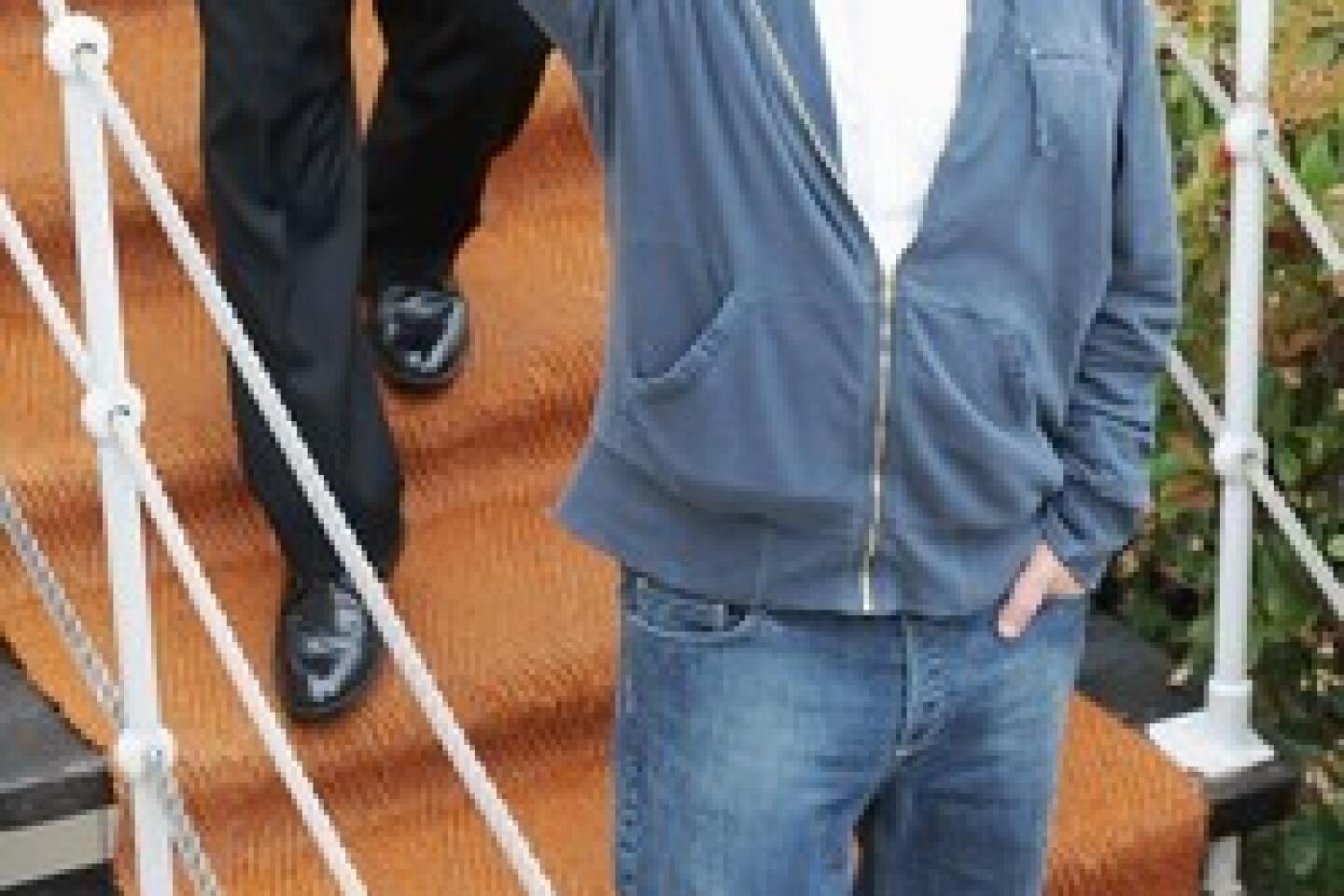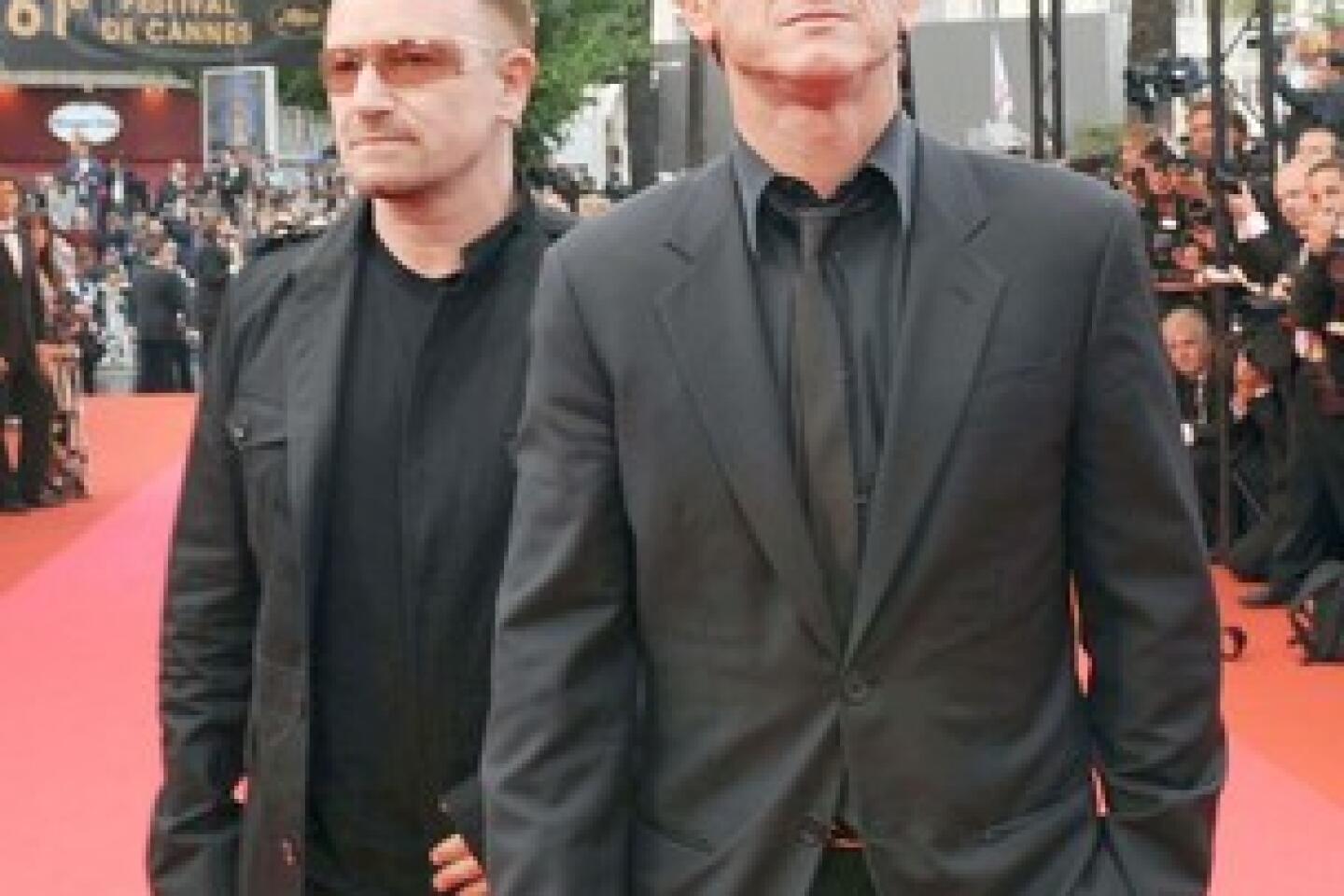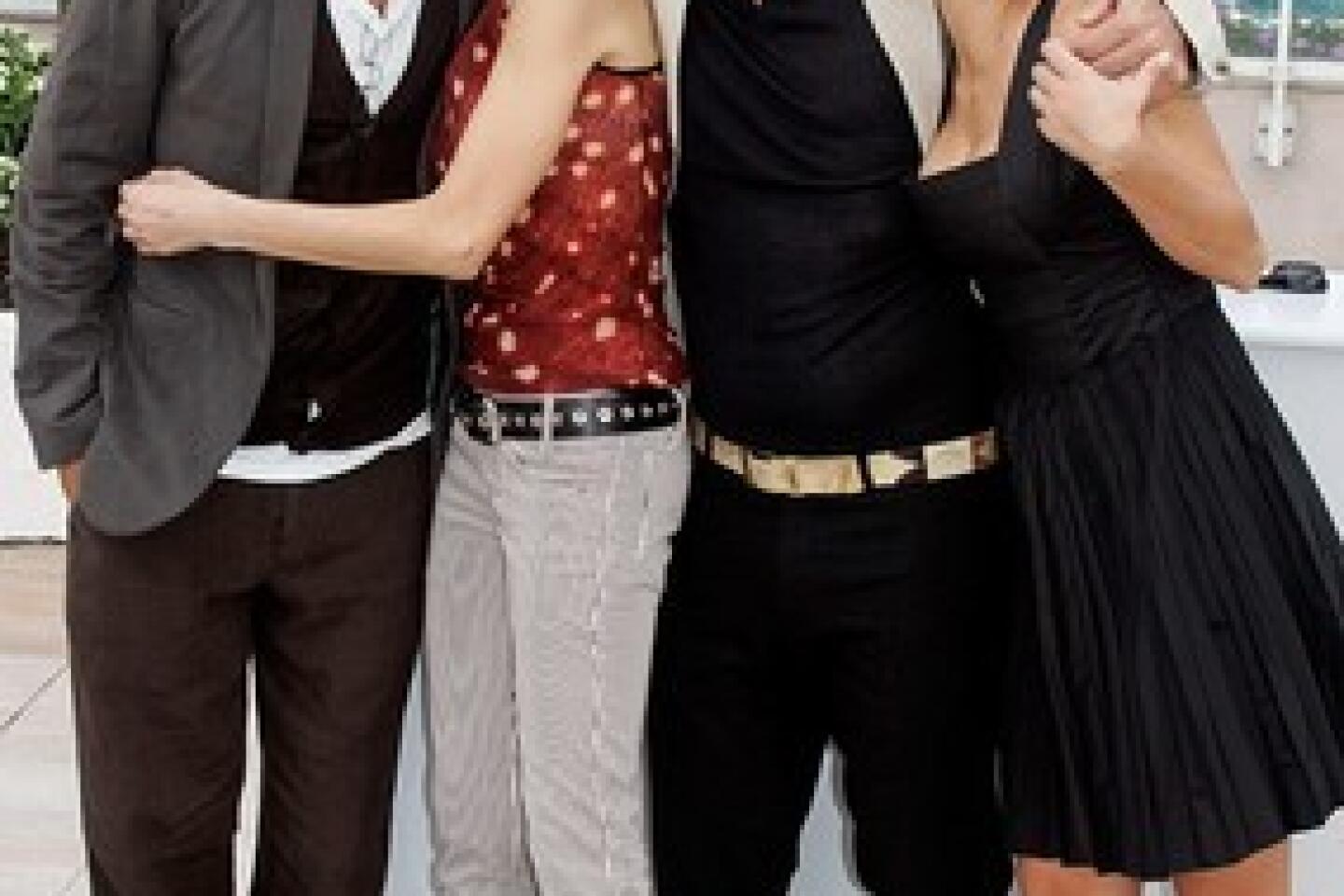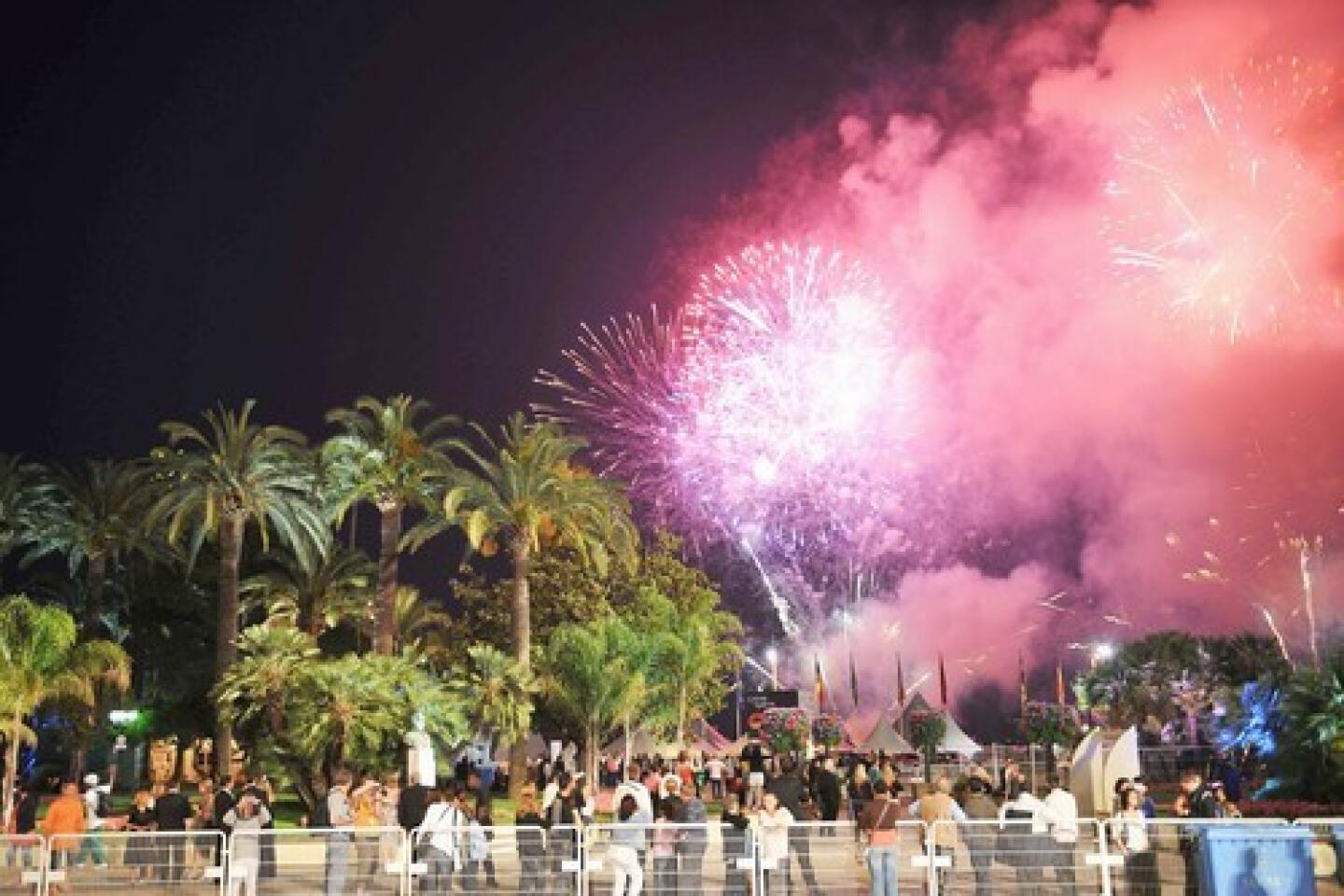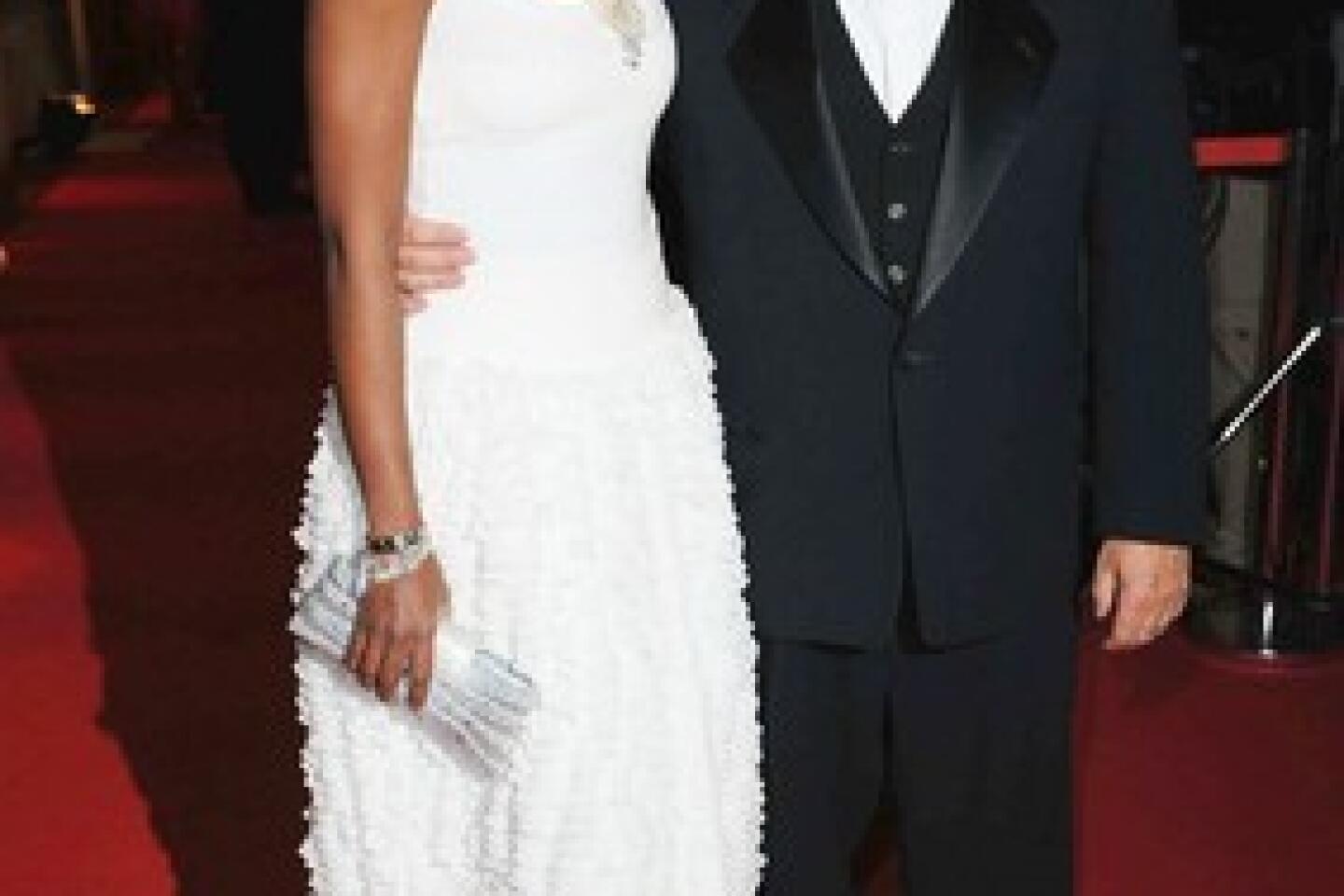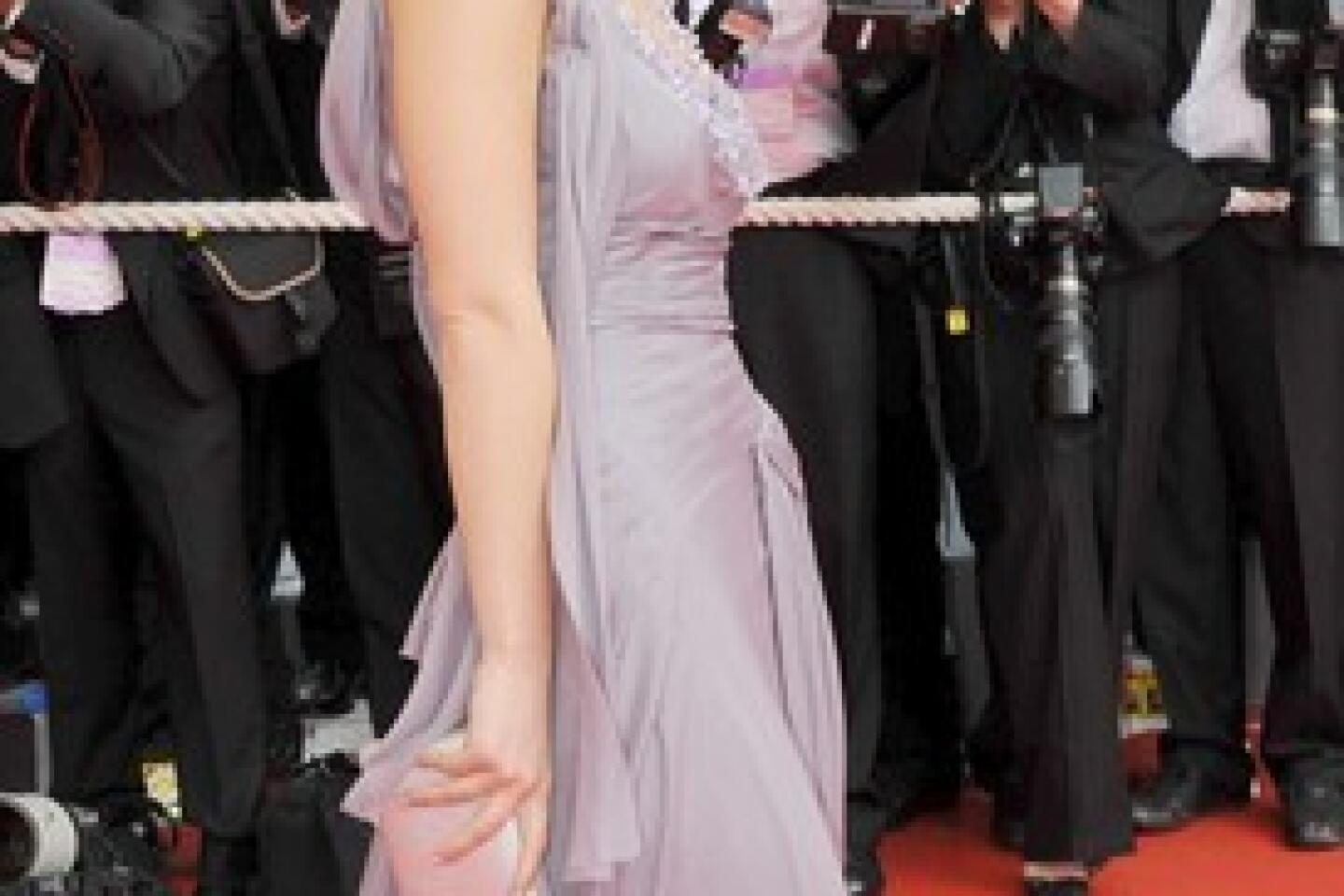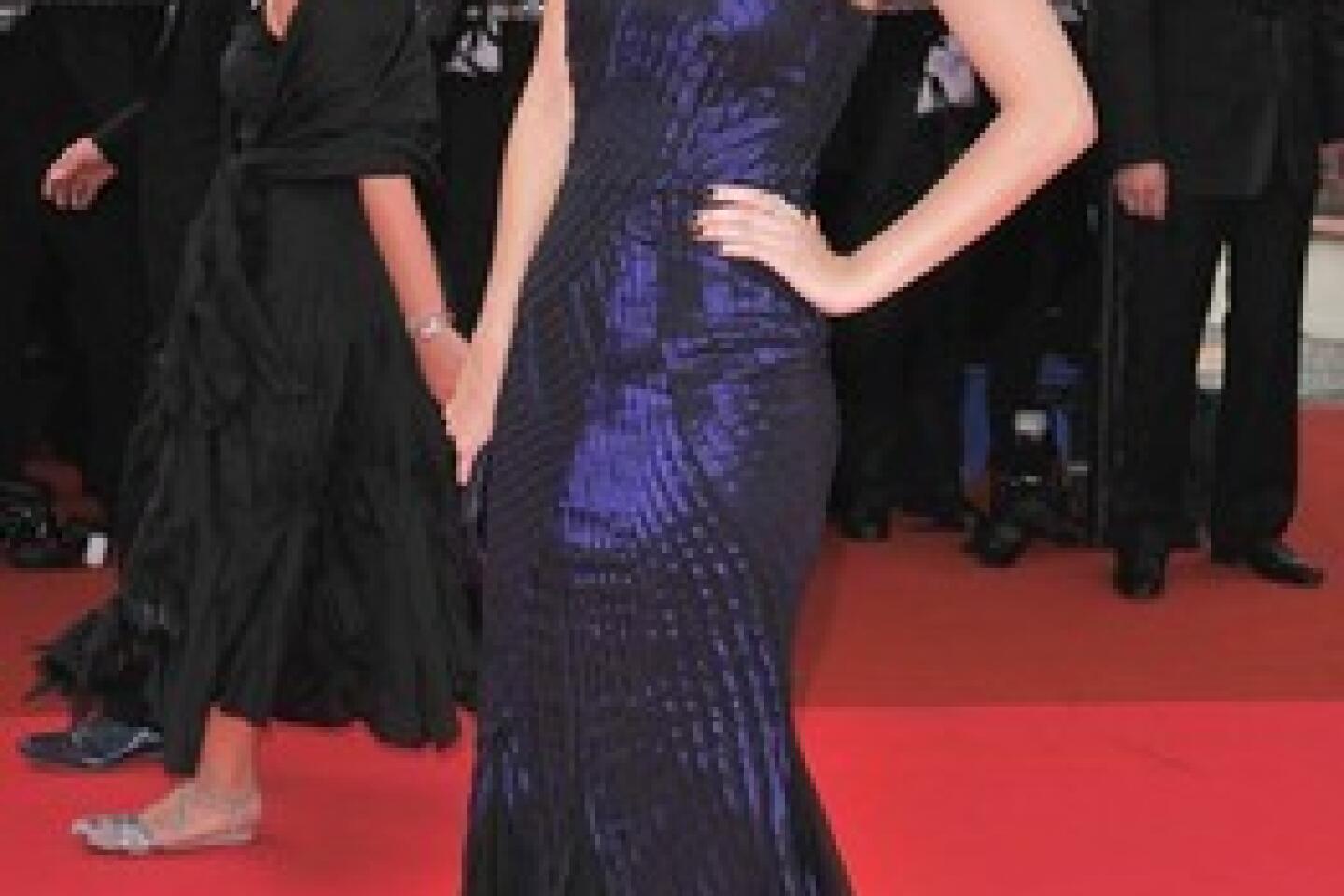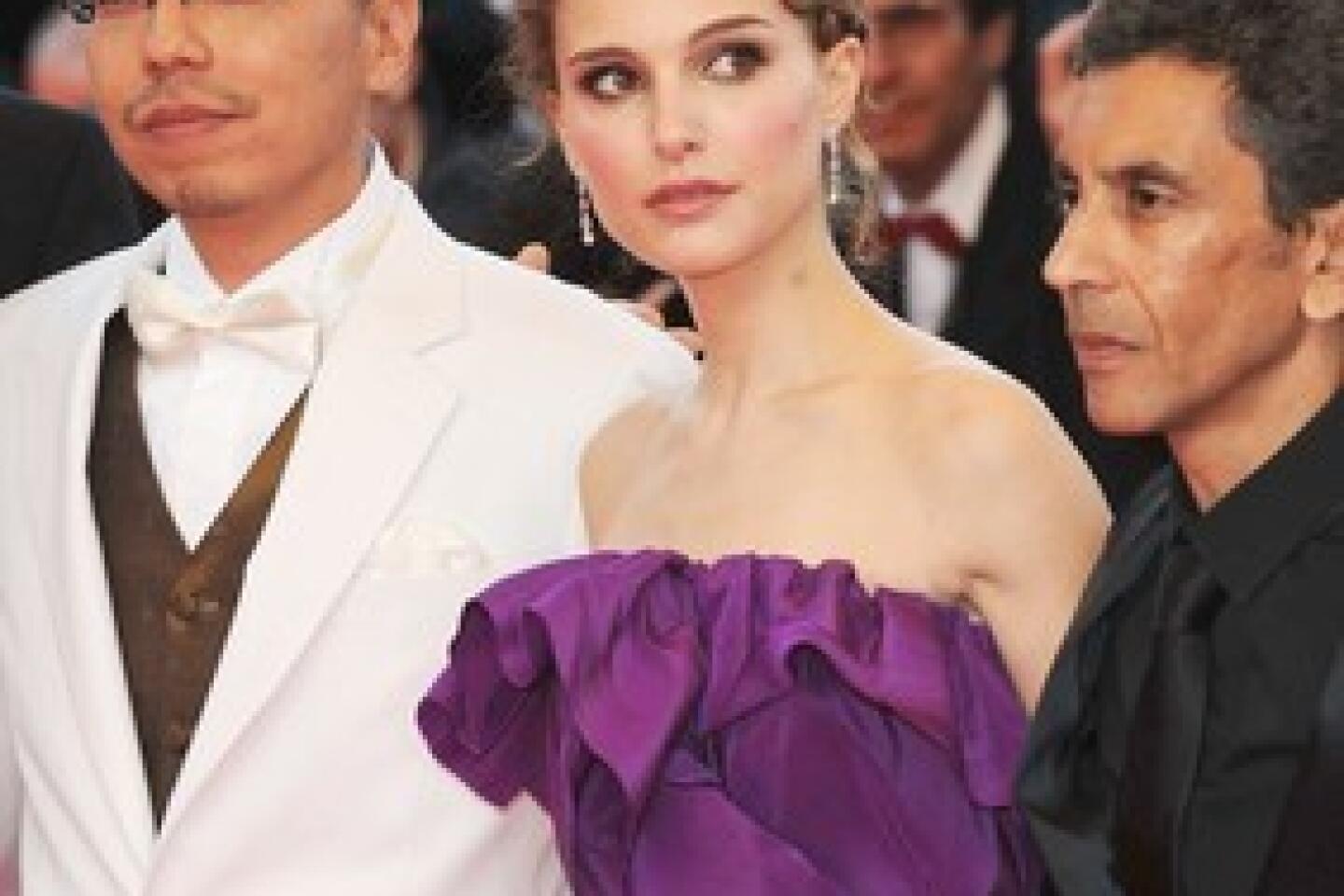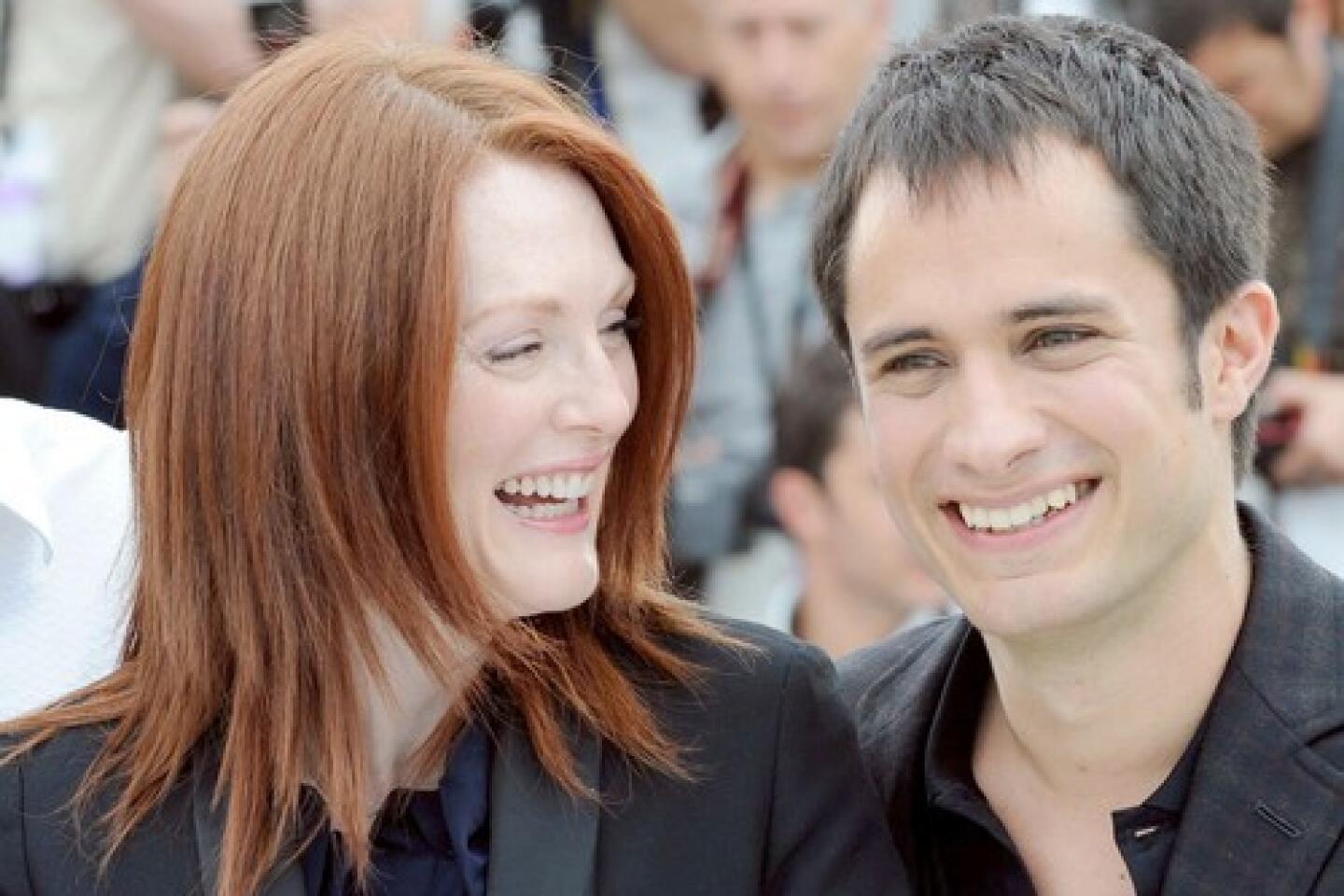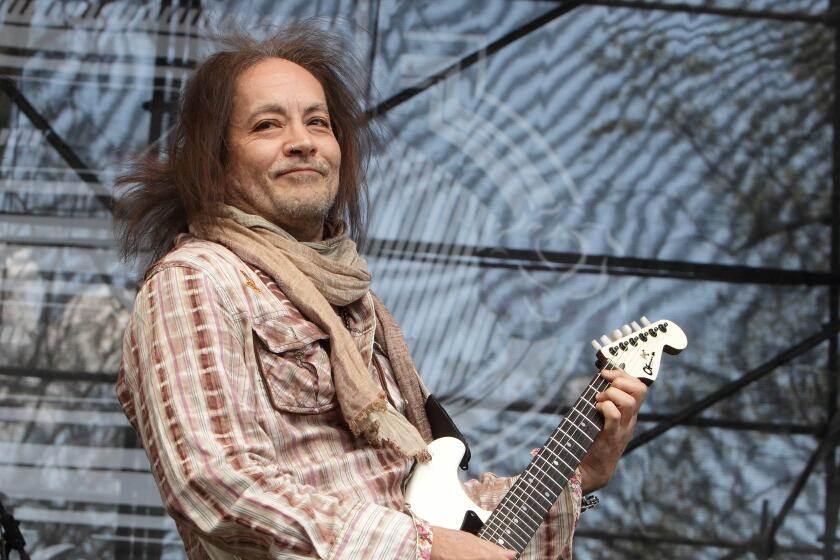Chinese filmmaker Jia Zhang-ke takes new approach with ’24 City.’
CANNES, France -- By necessity, Jia Zhang-ke is a filmmaker who responds to current events with the instincts of a newshound. Not only is the 38-year-old director the most prominent Chinese filmmaker of his generation, he also has come to assume the role of witness and conscience in a society characterized by rapid modernization and a growing amnesia.
Jia’s recent films have been increasingly dominated by their almost surreal real-world settings. “The World” (2004) takes place largely within an actual Beijing theme park containing replicas of global tourist attractions. “Still Life,” which won the top prize at the Venice Film Festival in 2006, unfolds against the backdrop of a riverside town that is being prepared for flooding as part of the enormous Three Gorges hydroelectric project. His latest feature, “24 City,” which premiered in competition at the Cannes Film Festival on Saturday, centers on the closure of Factory 420, a sprawling state-owned industrial park in Chengdu, the capital of Sichuan province.
“Since 2000, I have been wanting to make a film about how workers are affected by the transition from a planned economy to a market economy in China,” he said, speaking through a translator. He knew he had found his perfect subject when he learned last year that Factory 420, a munitions plant that for six decades had specialized in the production of aviation engines, was to be replaced by a complex of luxury high-rise apartments called 24 City.
Intending to make a documentary, Jia conducted more than 130 interviews with workers of various ages and levels at Factory 420. But he came to realize that the project could be, as he put it, “richer and more emotional” if he incorporated elements of fiction.
In recent years, Jia has moved with ease between fiction and documentary, often smudging the distinctions between the categories. (His recent nonfiction films include “Dong,” a study of a Chinese painter, and “Useless,” an essay on the manufacture of clothing, from factory workers to high-end fashion.) With “24 City,” he mixes fact and fiction in more provocative ways than before. Some of the people who appear in the film are actual workers. Others are characters played by recognizable actors, including Joan Chen, the Chinese American star of “The Last Emperor” and TV’s “Twin Peaks,” and Jia’s regular star, Zhao Tao.
“24 City” marks something of a shift in Jia’s formal approach. His films are known for their long, contemplative takes, but here the emphasis shifts from watching to listening. Befitting a film that serves above all as a testimonial, “24 City” is awash in words -- long, eloquent monologues, real and imagined, as well as liberal quotations from Yeats and Chinese poetry. “Cinema in general relies too much on action these days,” Jia said. “But I think the best way to fully depict these complex personal experiences is through language.”
At their most powerful, Jia’s films are crystal-clear demonstrations of how macro forces register on a micro level -- or, to be precise, how the policy shifts of the Chinese government are felt by individuals. In a sense, he has never taken on more than in “24 City,” which condenses half a century’s worth of Chinese social and economic history into a handful of vivid life stories.
Last week, “24 City” acquired a tragic, unanticipated timeliness. Chengdu is not far from the epicenter of the recent earthquake in Sichuan, which left tens of thousands dead. The topic came up repeatedly at Jia’s news conference on Saturday -- and he eventually responded by calling for a minute of silence.
“I didn’t really know how to react,” he said later, “so I thought that would be the best thing to do.”
“24 City” almost didn’t make it to the Cannes Film Festival. According to Jia, authorities in Beijing had initially decided not to allow any Chinese films to play at international festivals in the run-up to this summer’s Olympics, for fear of potentially negative exposure.
“I think their belief was that not to have a voice is better than to have any kind of voice,” he said. “But I really felt I had to push for approval.”
More to Read
The biggest entertainment stories
Get our big stories about Hollywood, film, television, music, arts, culture and more right in your inbox as soon as they publish.
You may occasionally receive promotional content from the Los Angeles Times.
